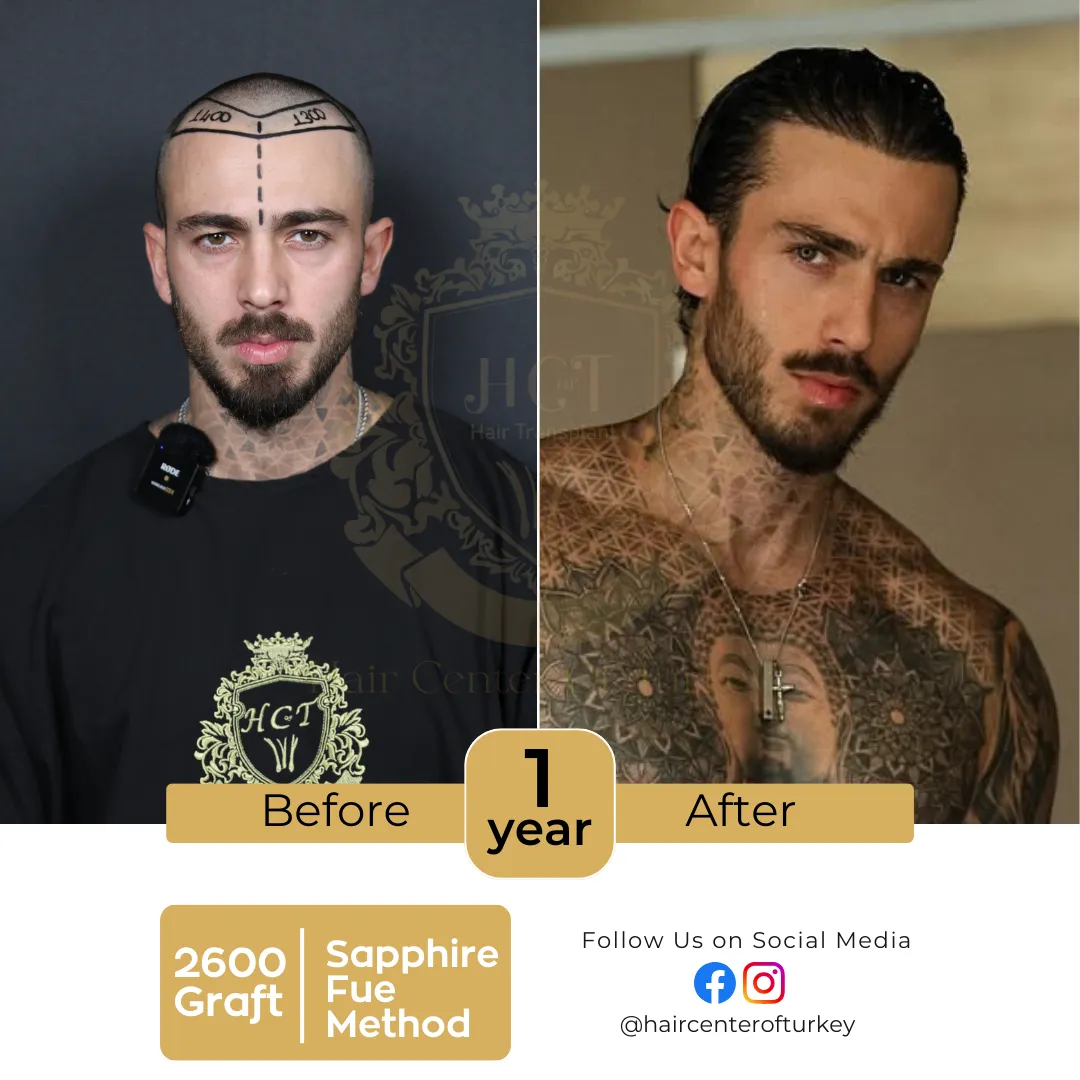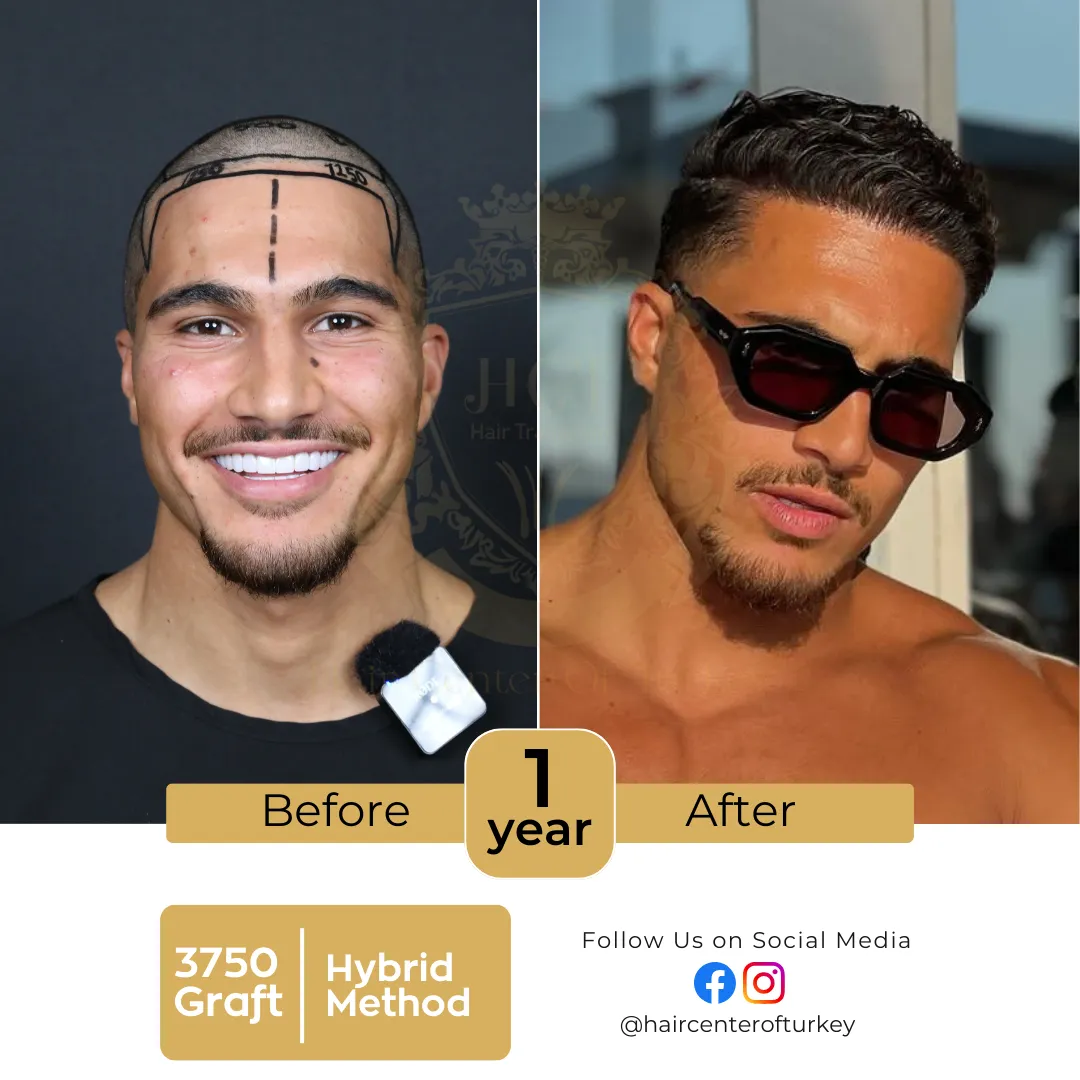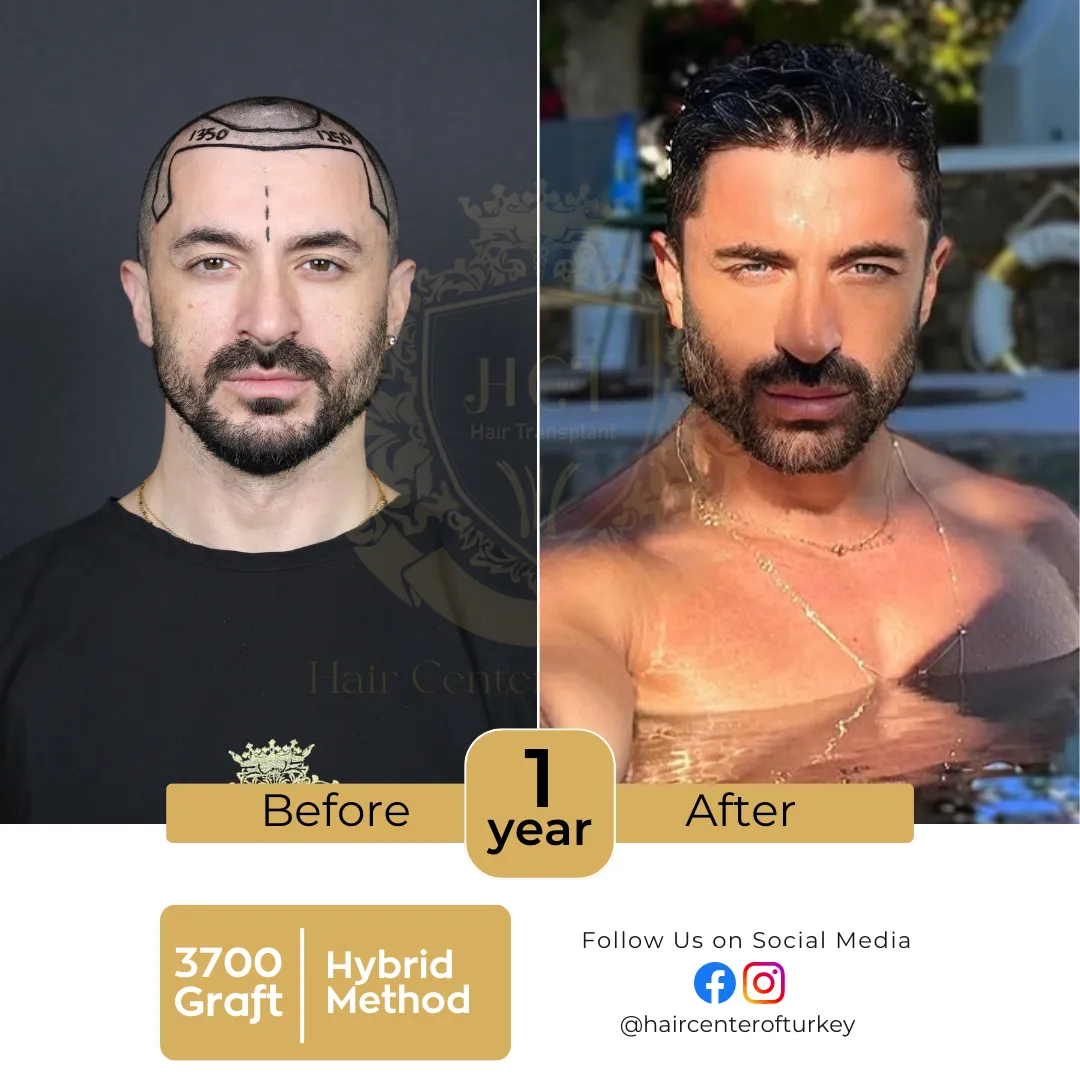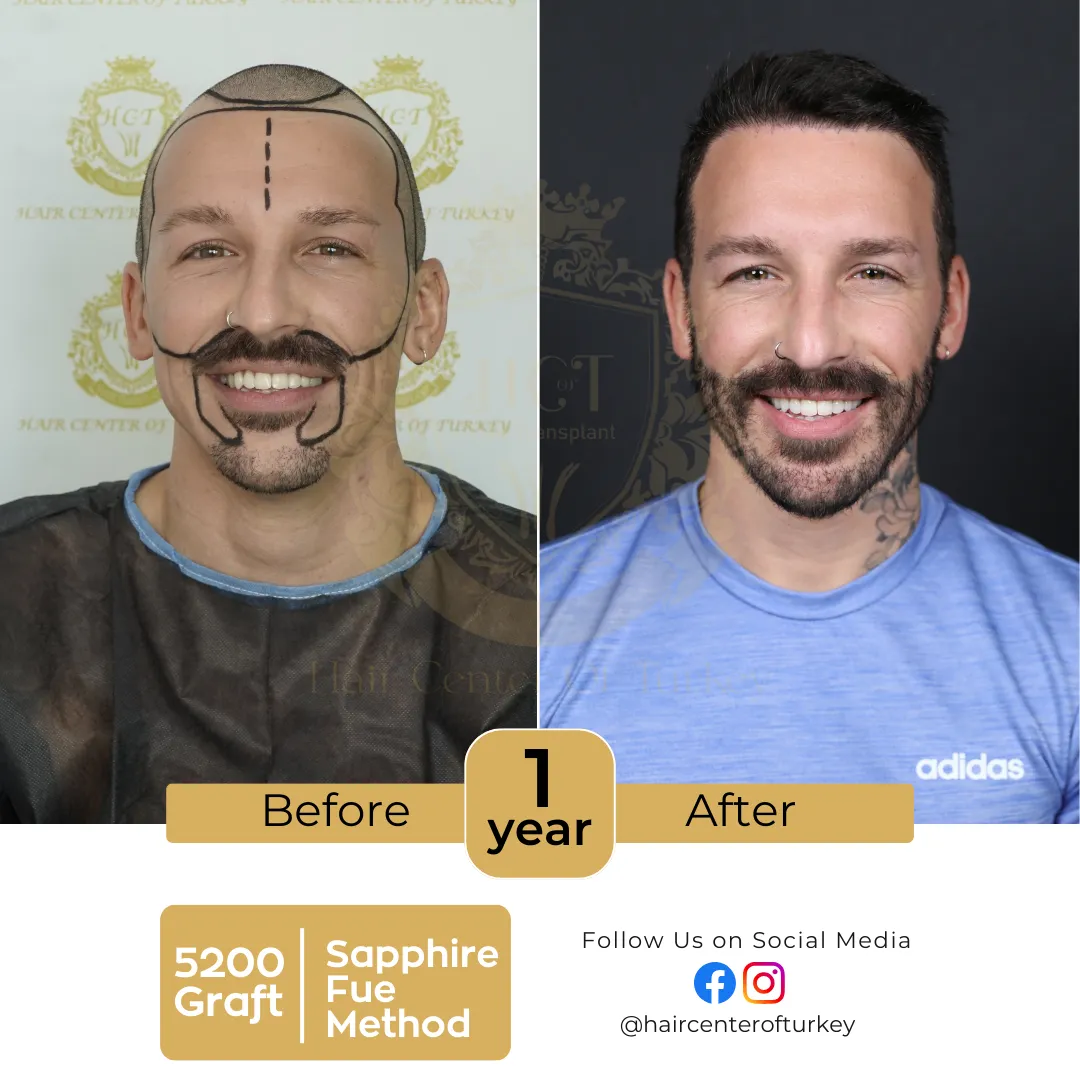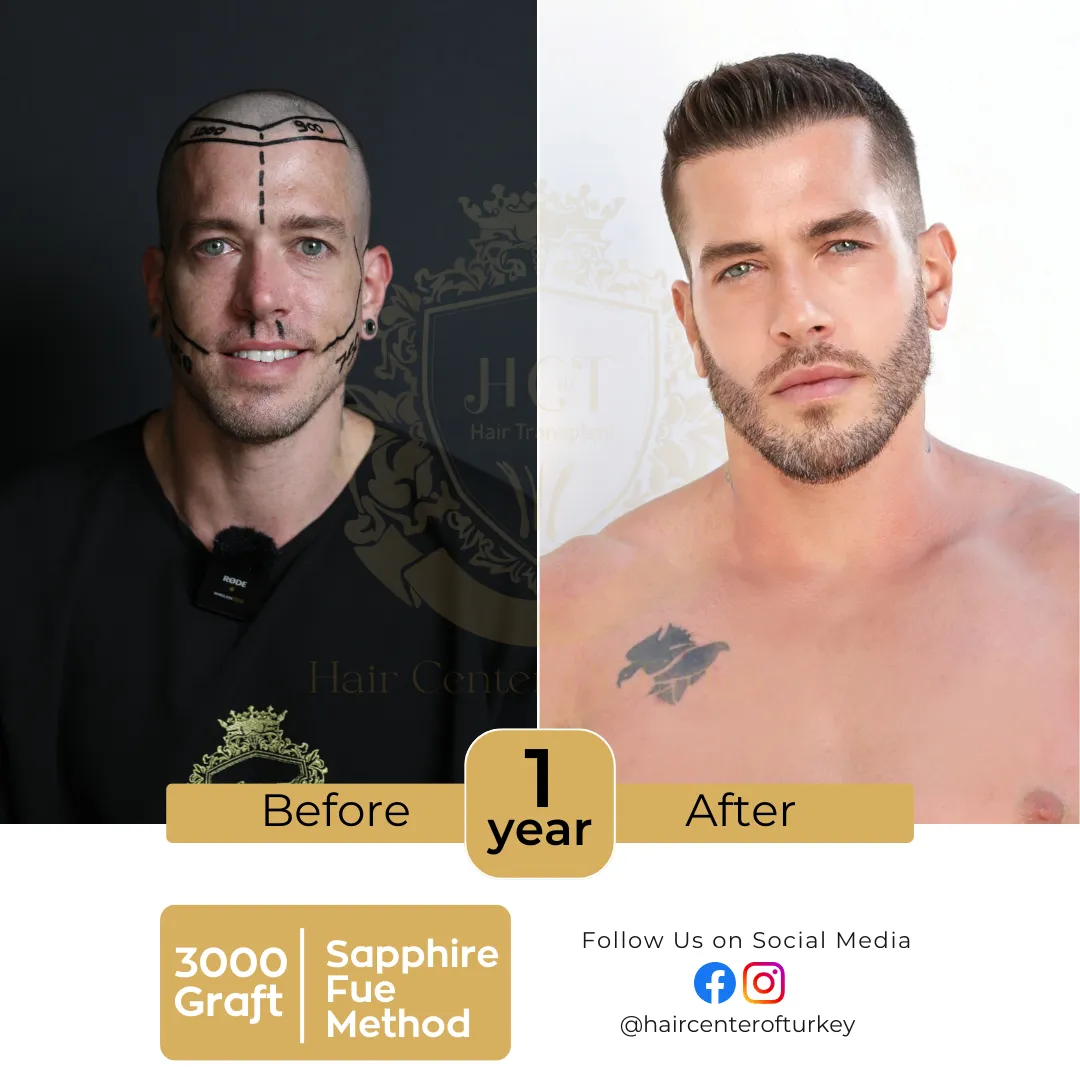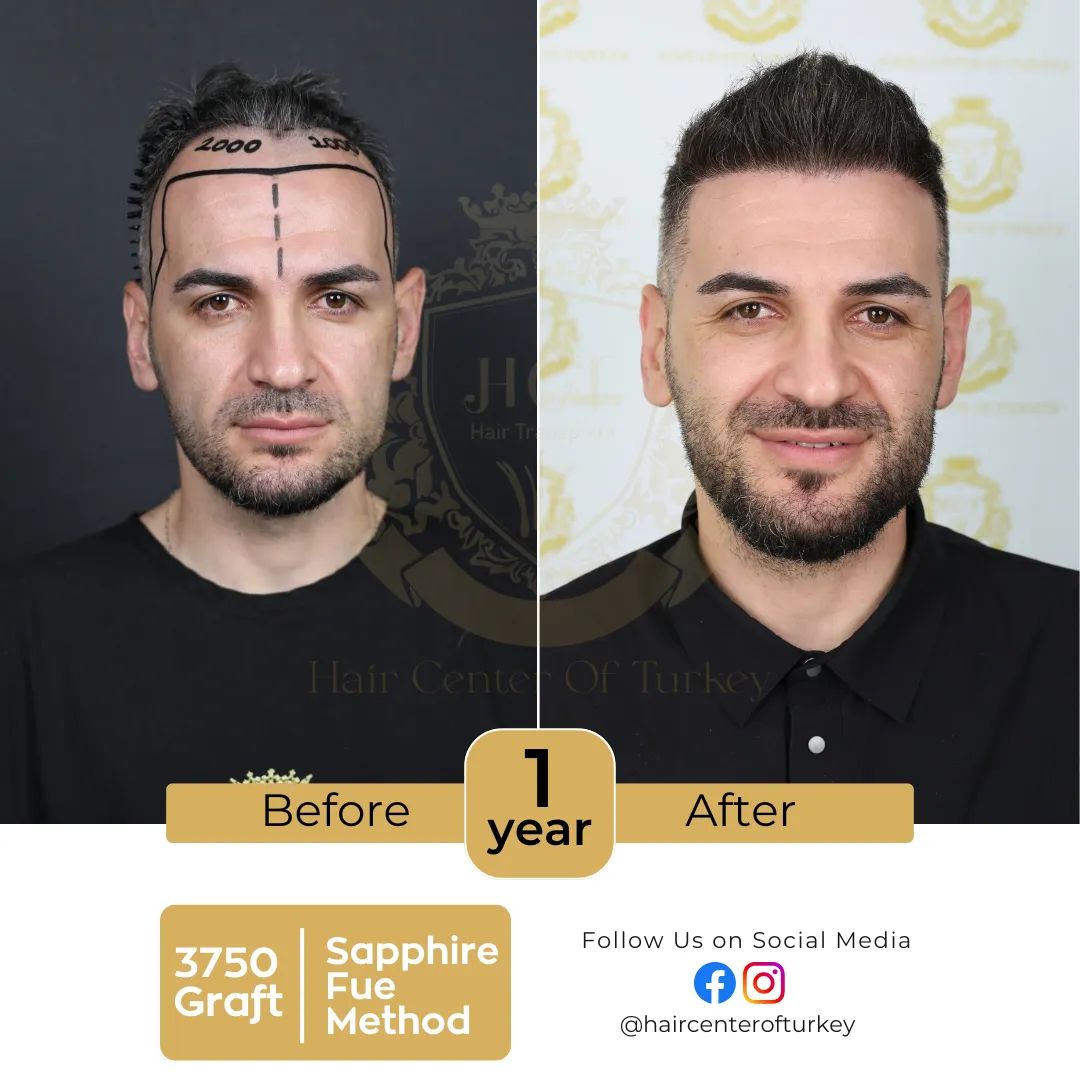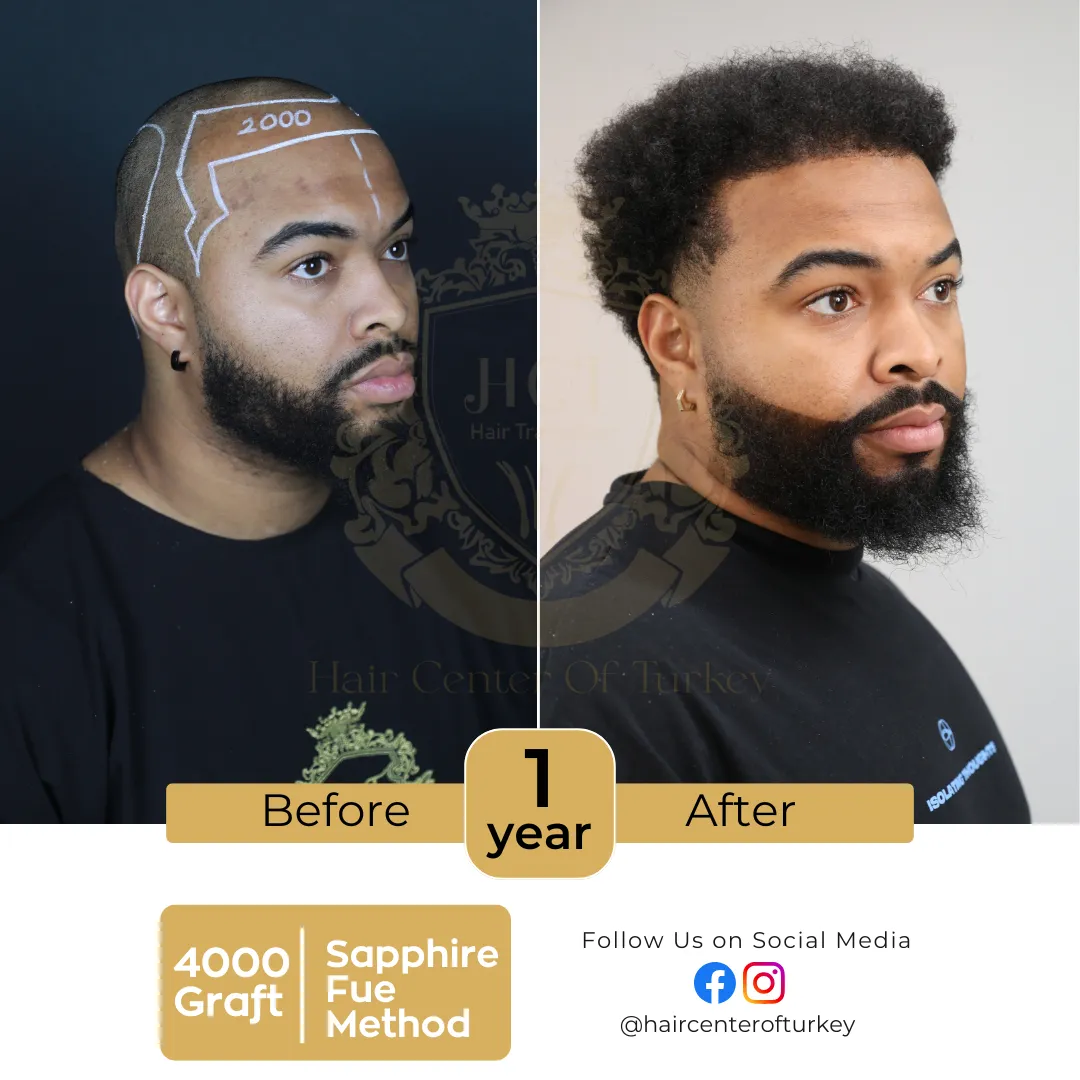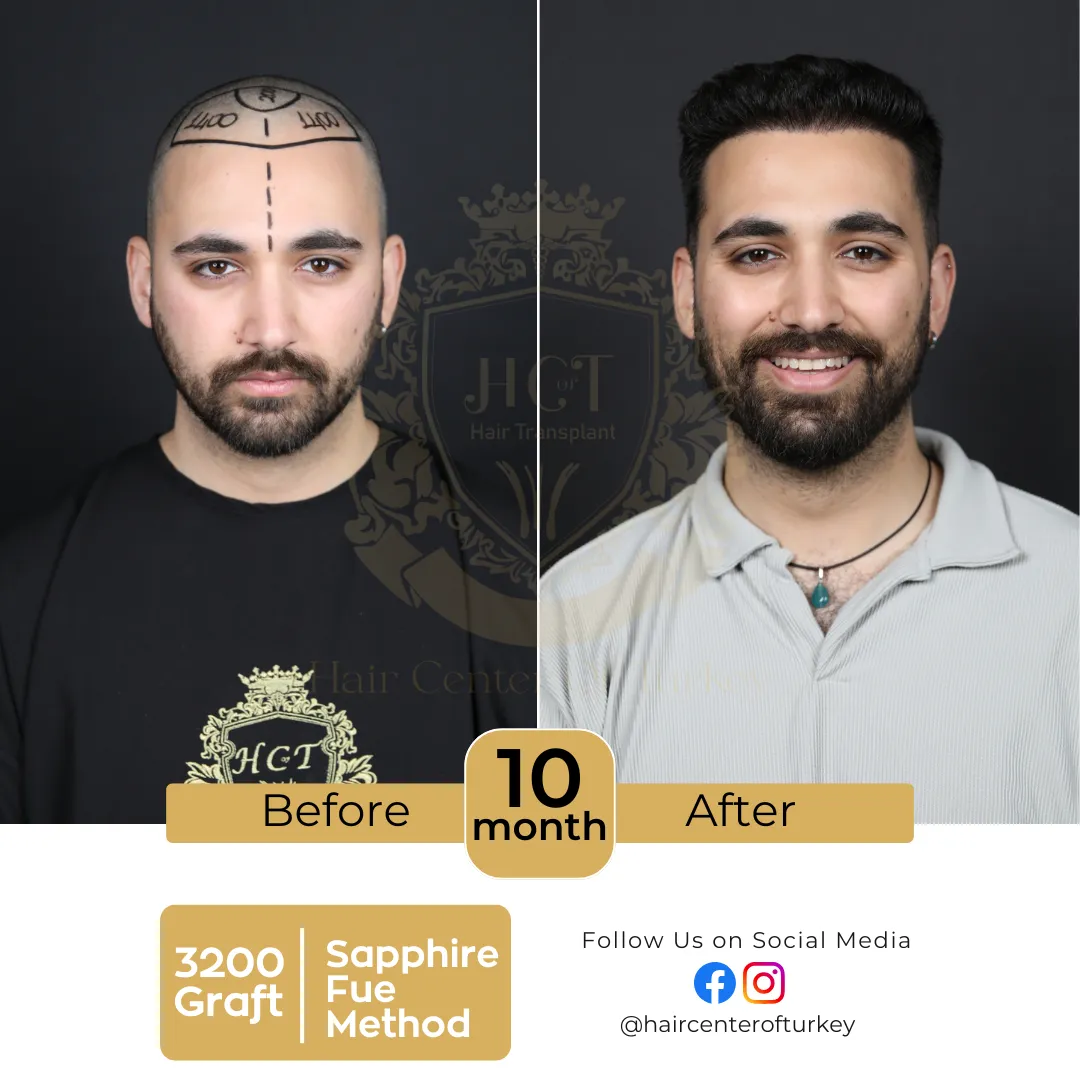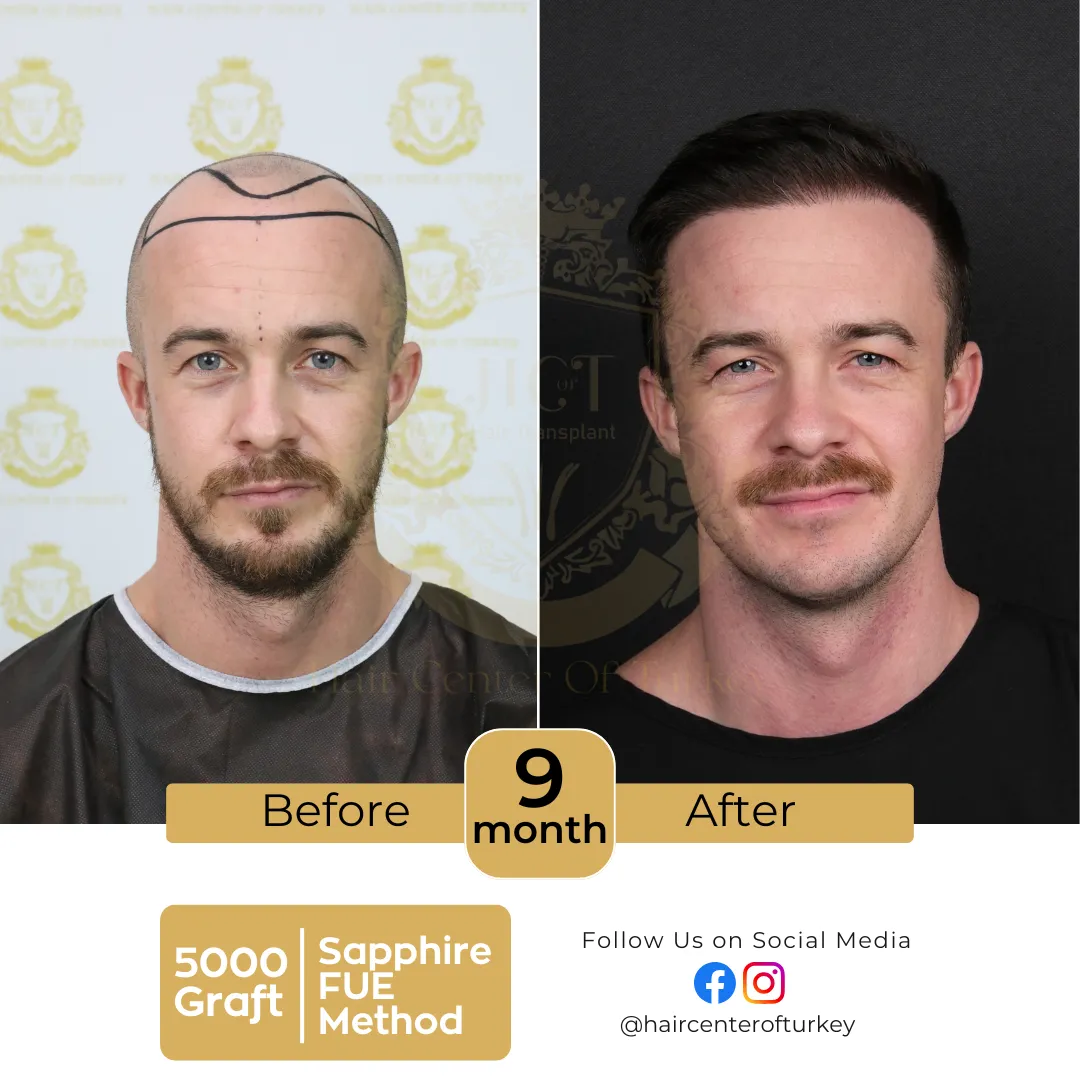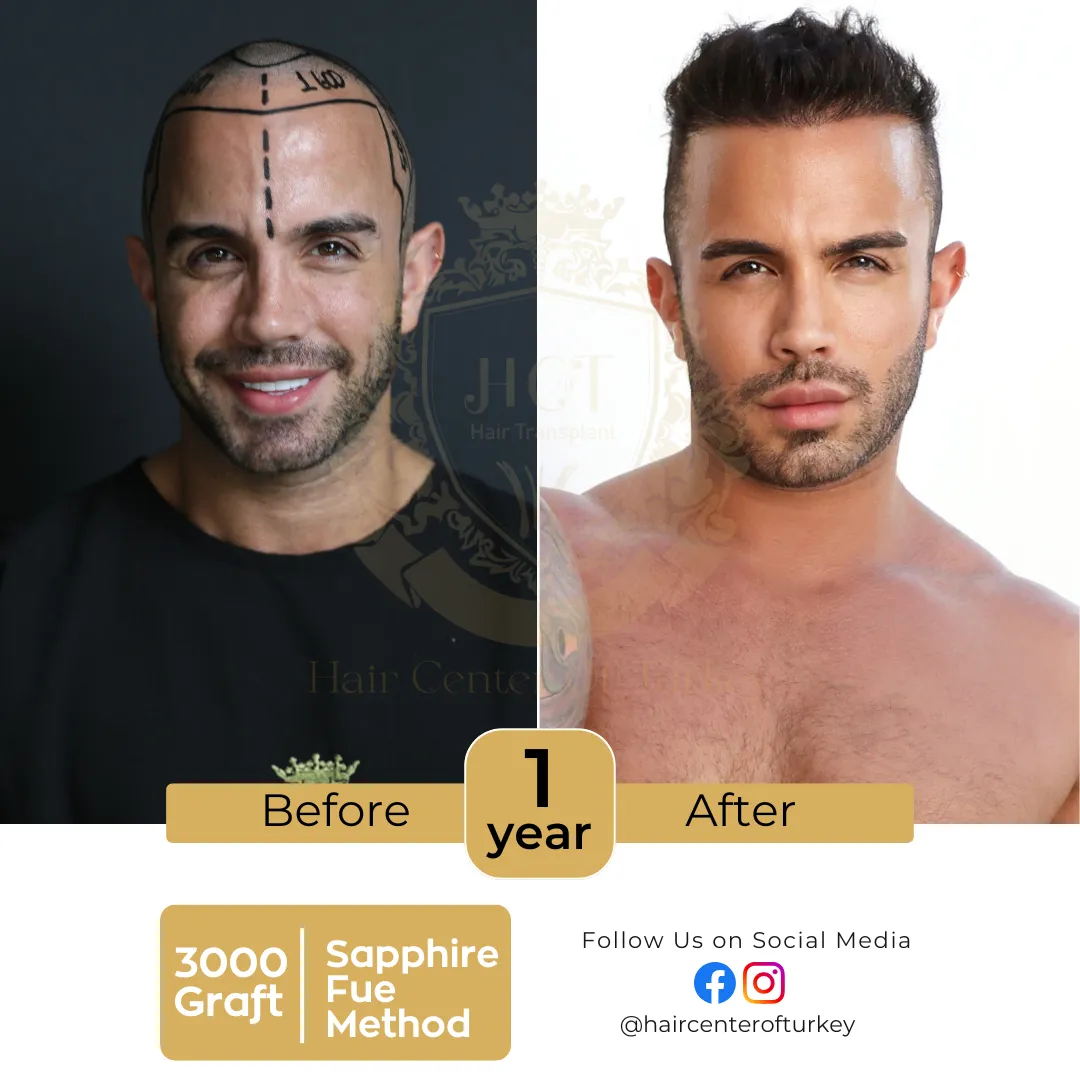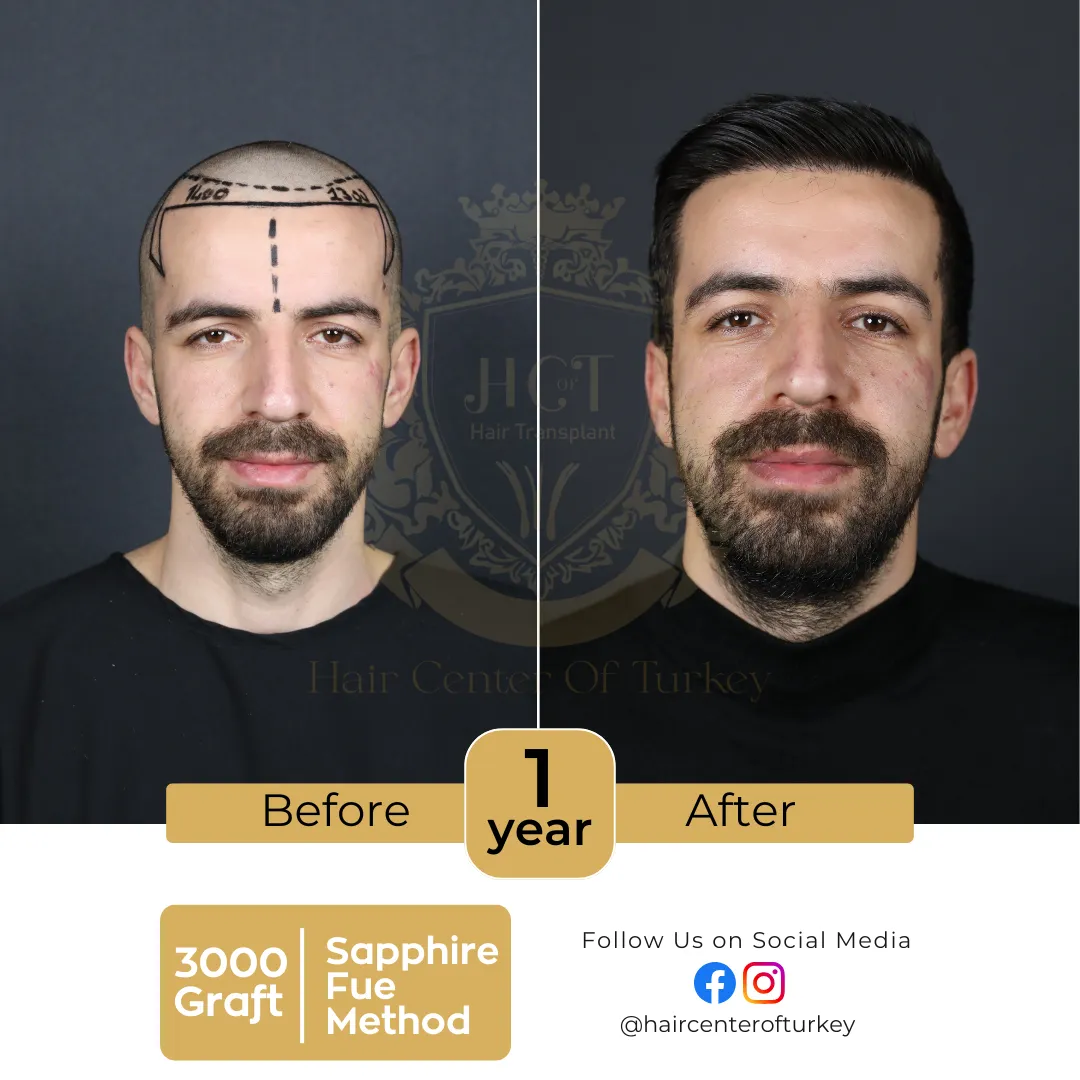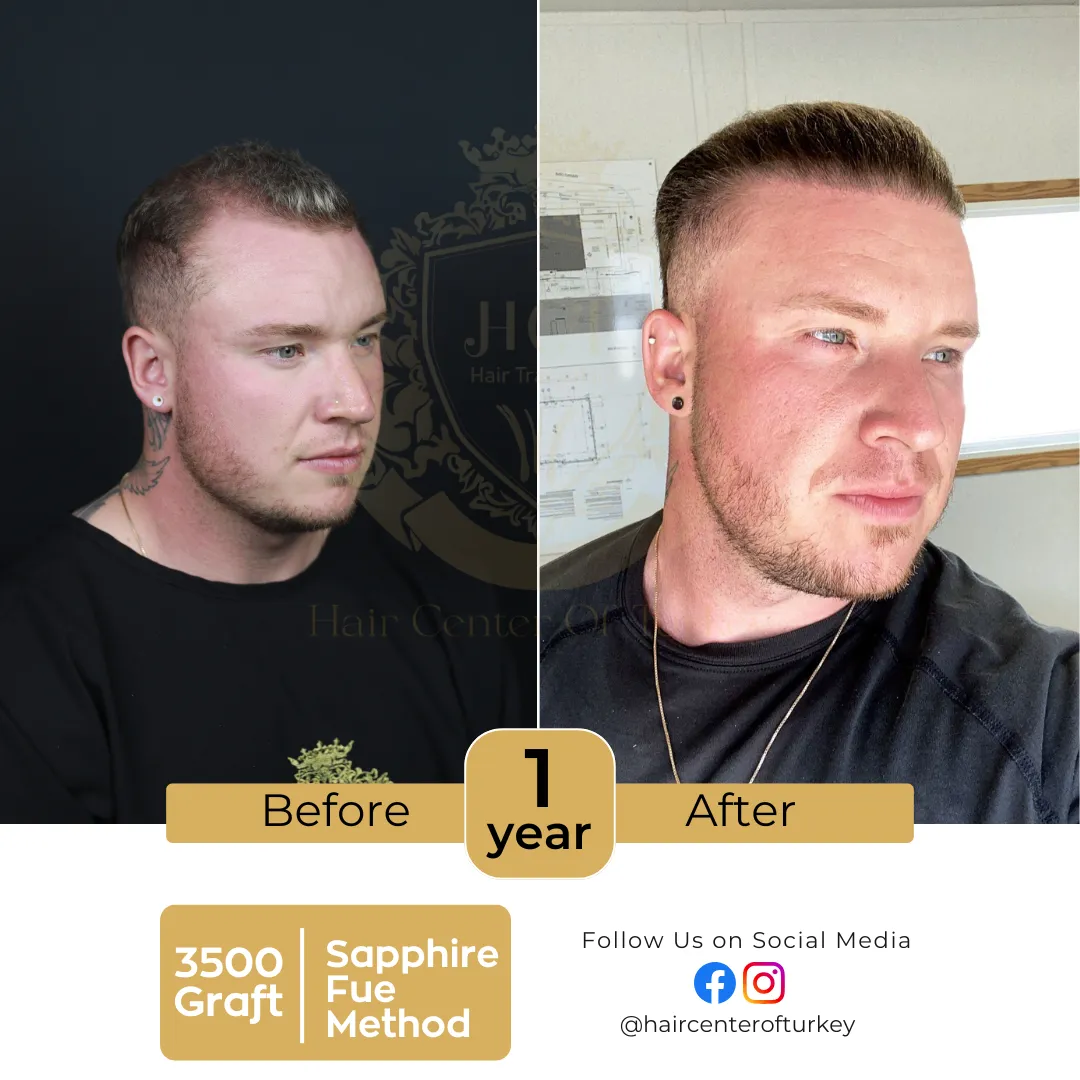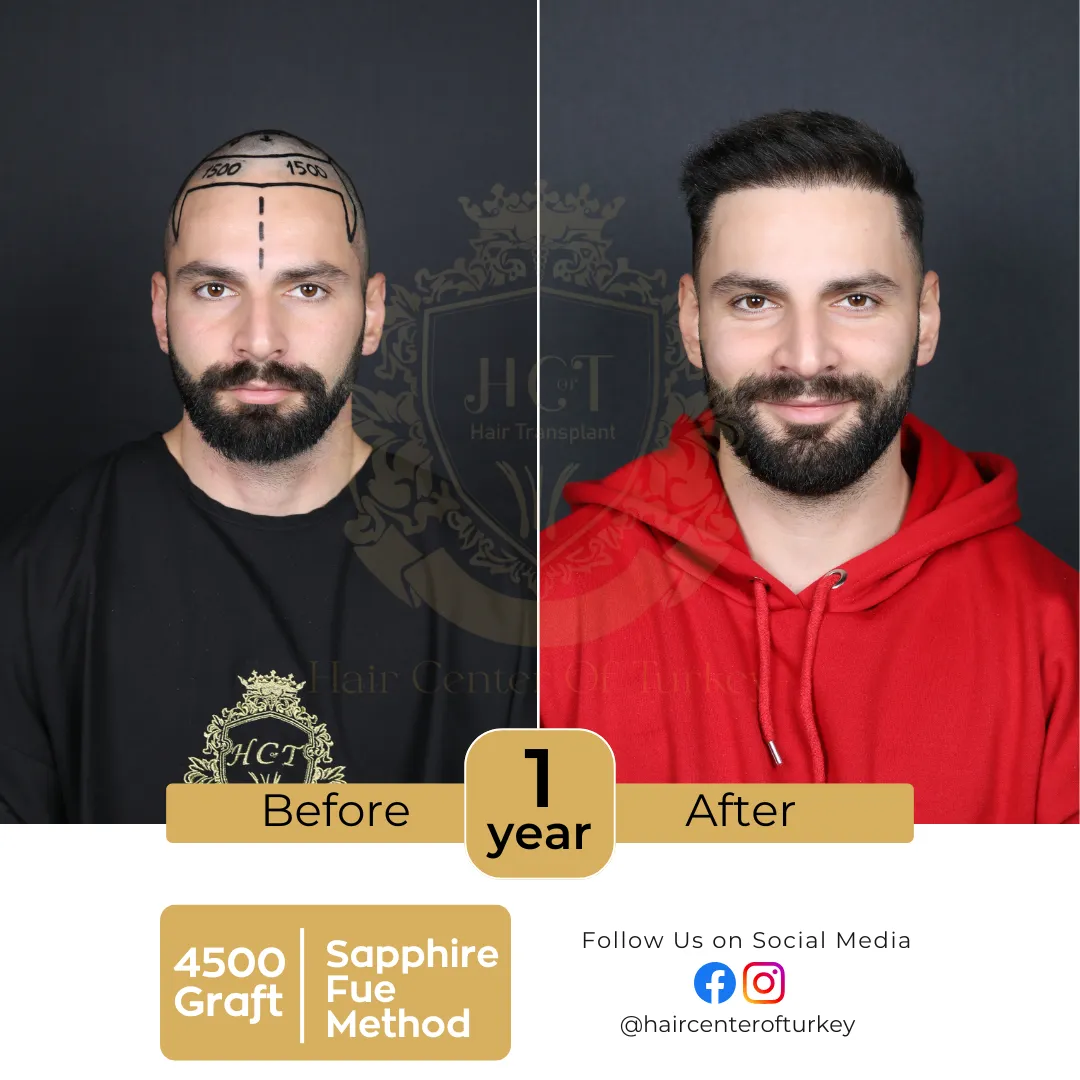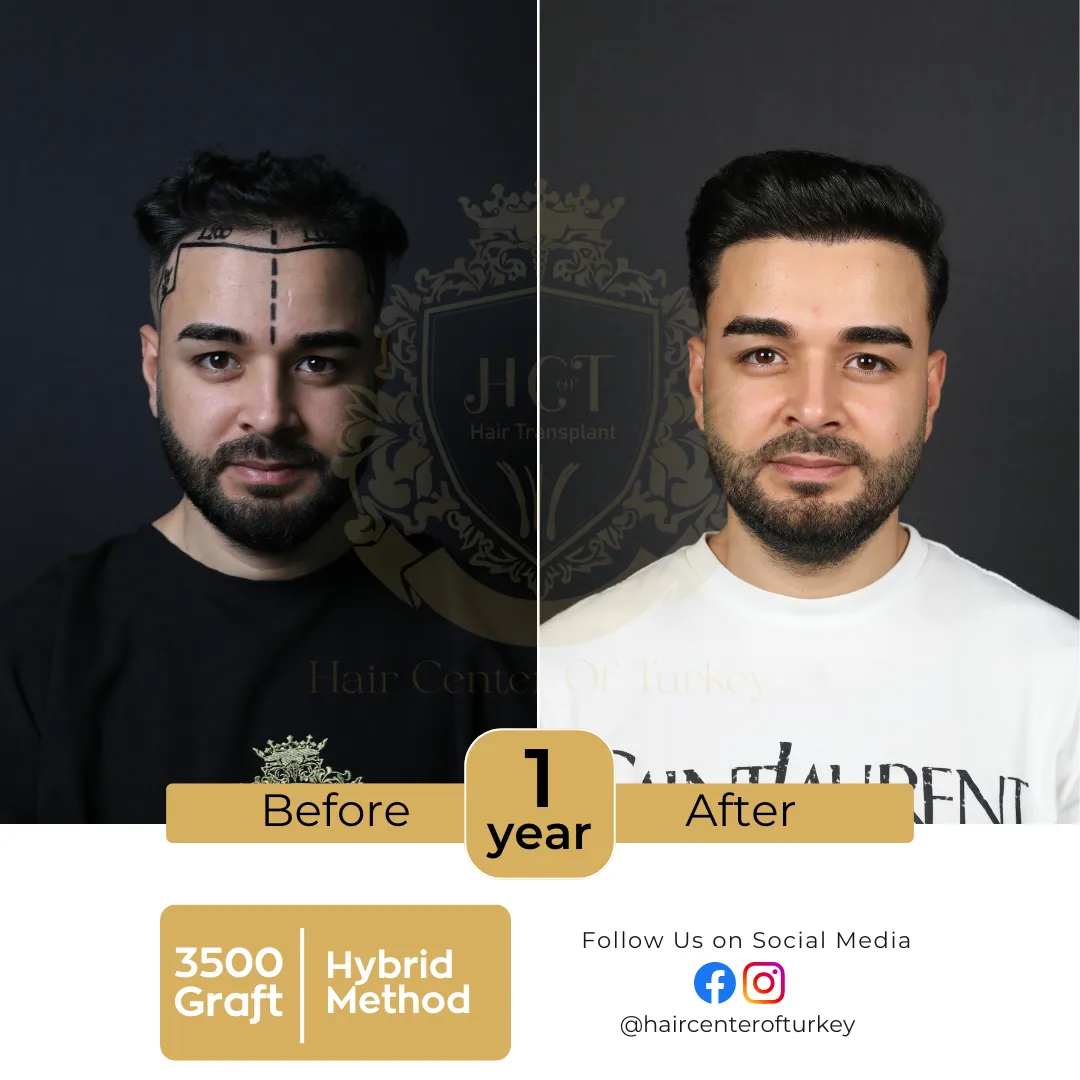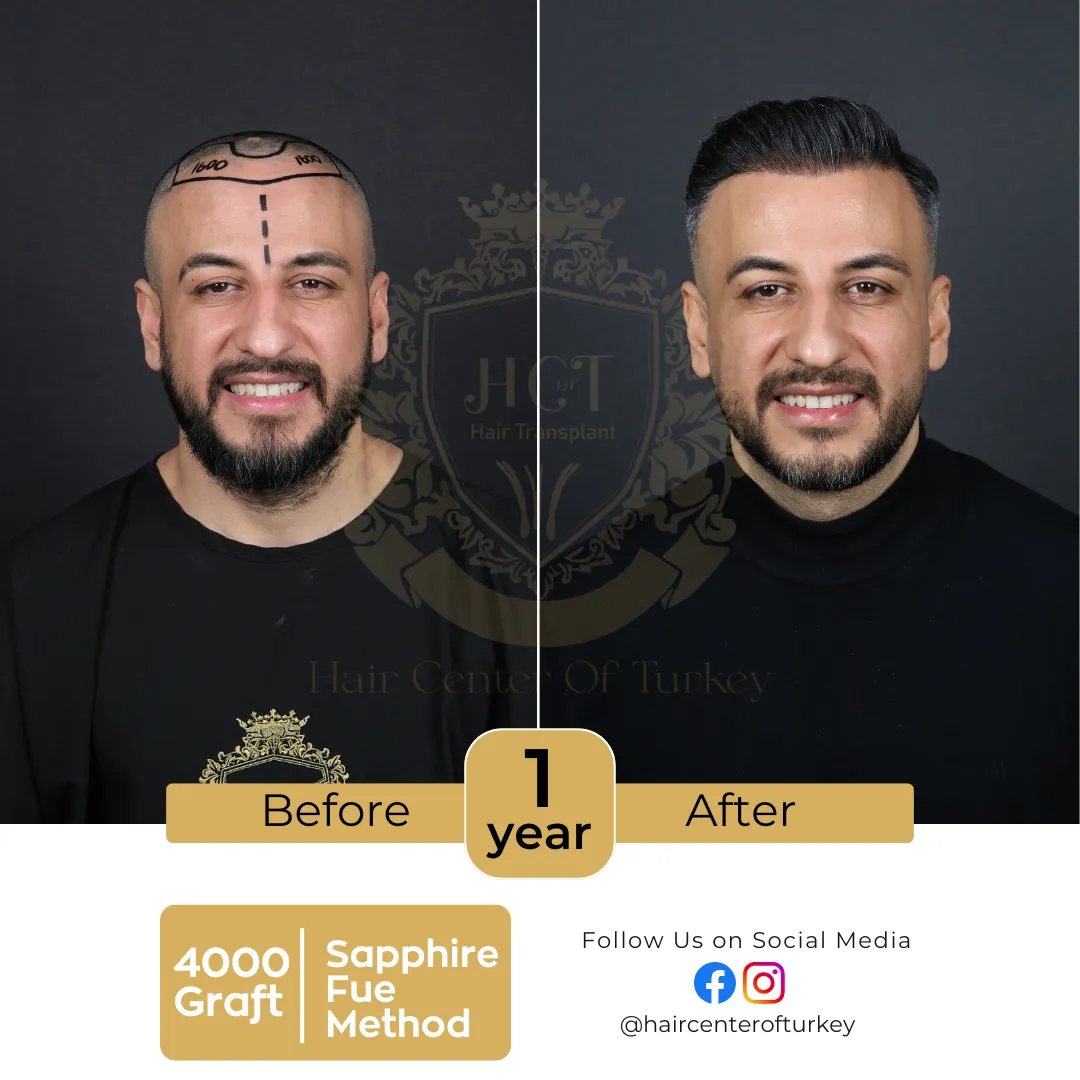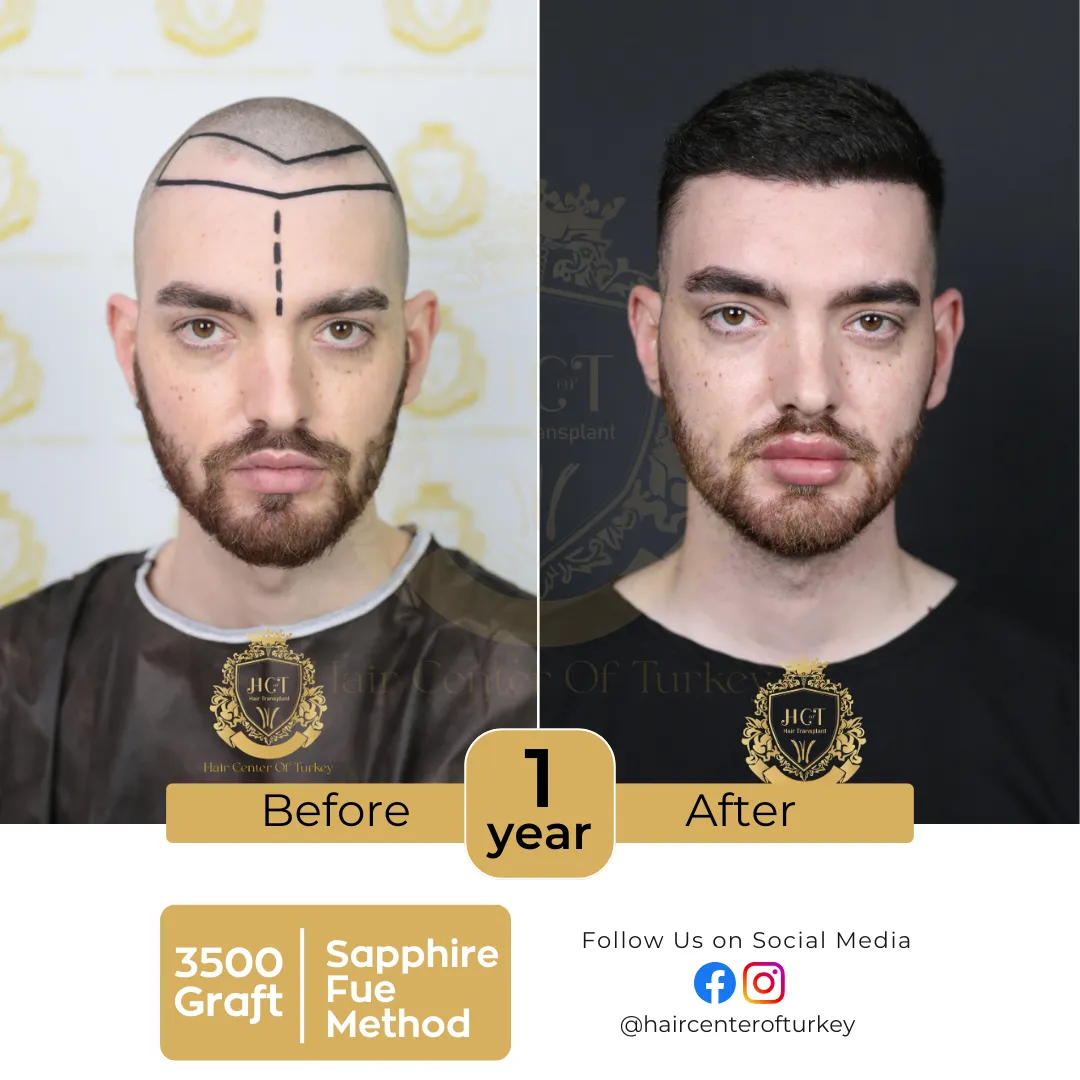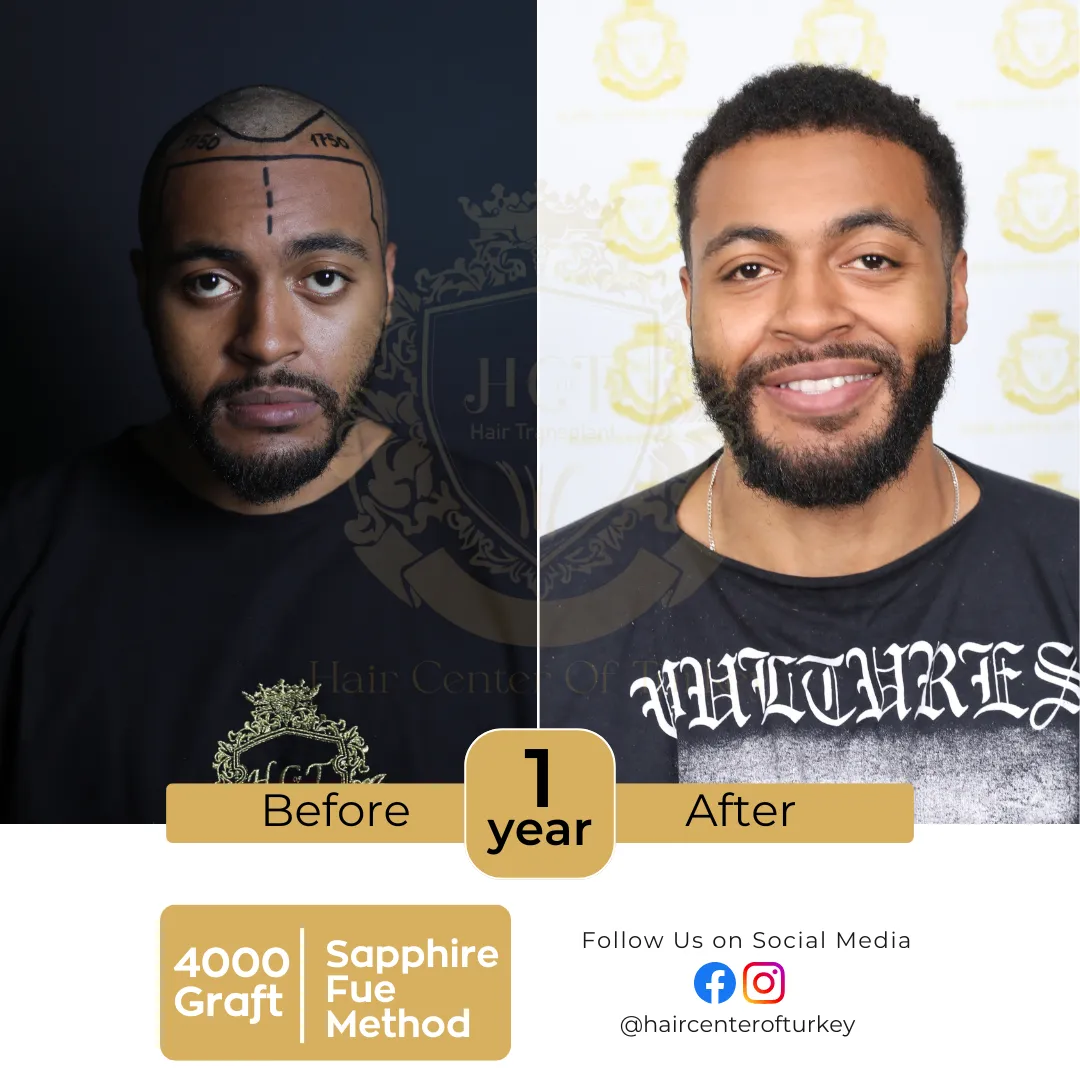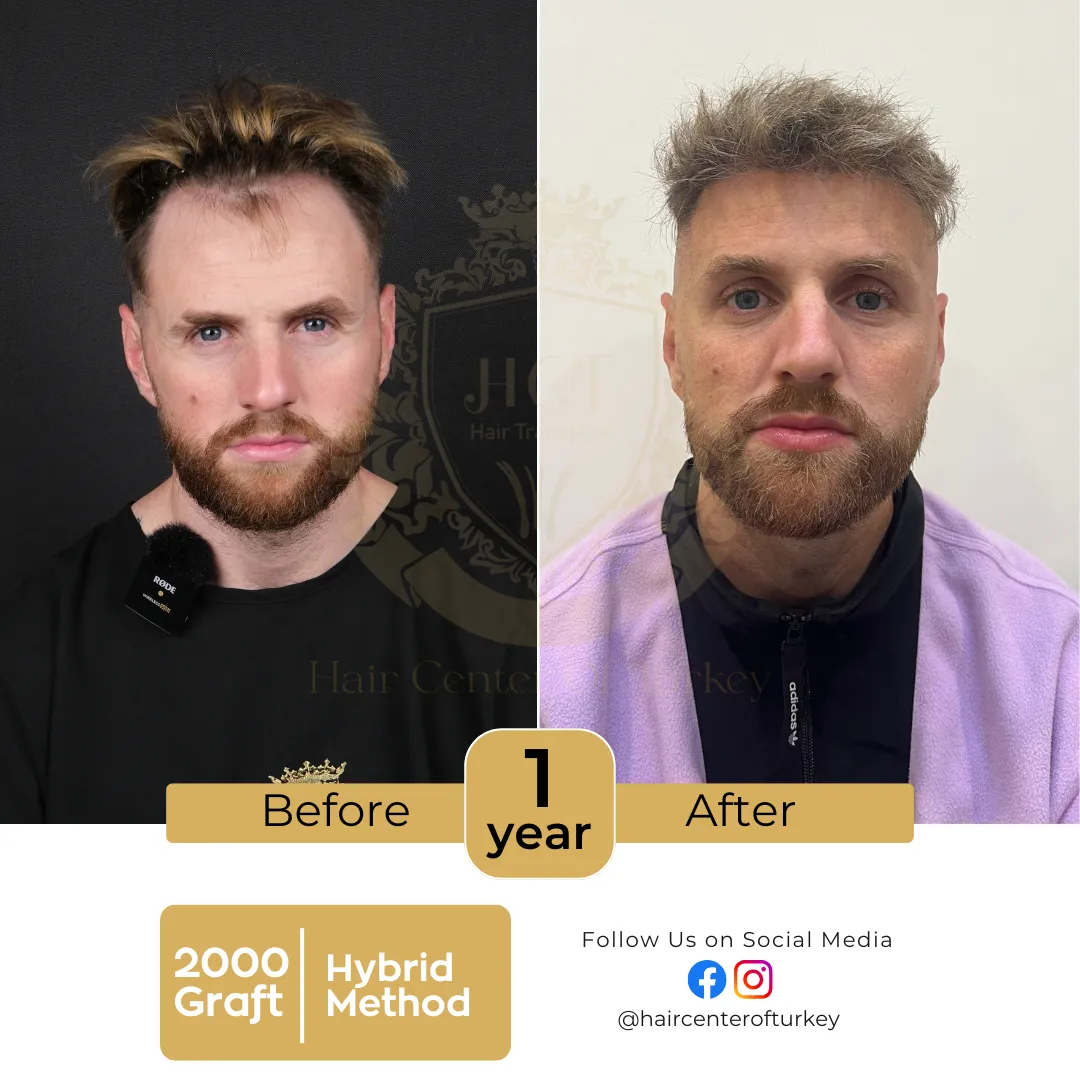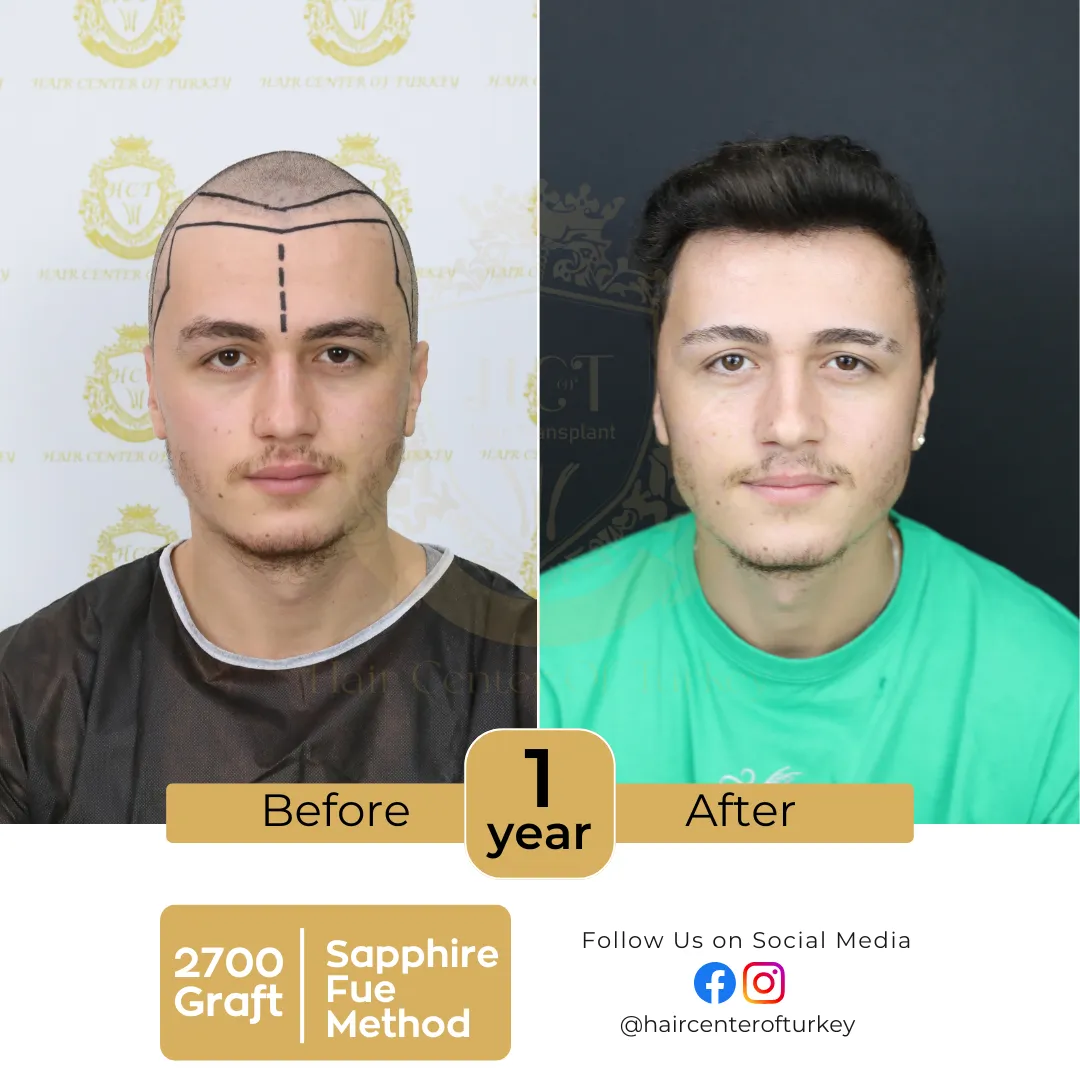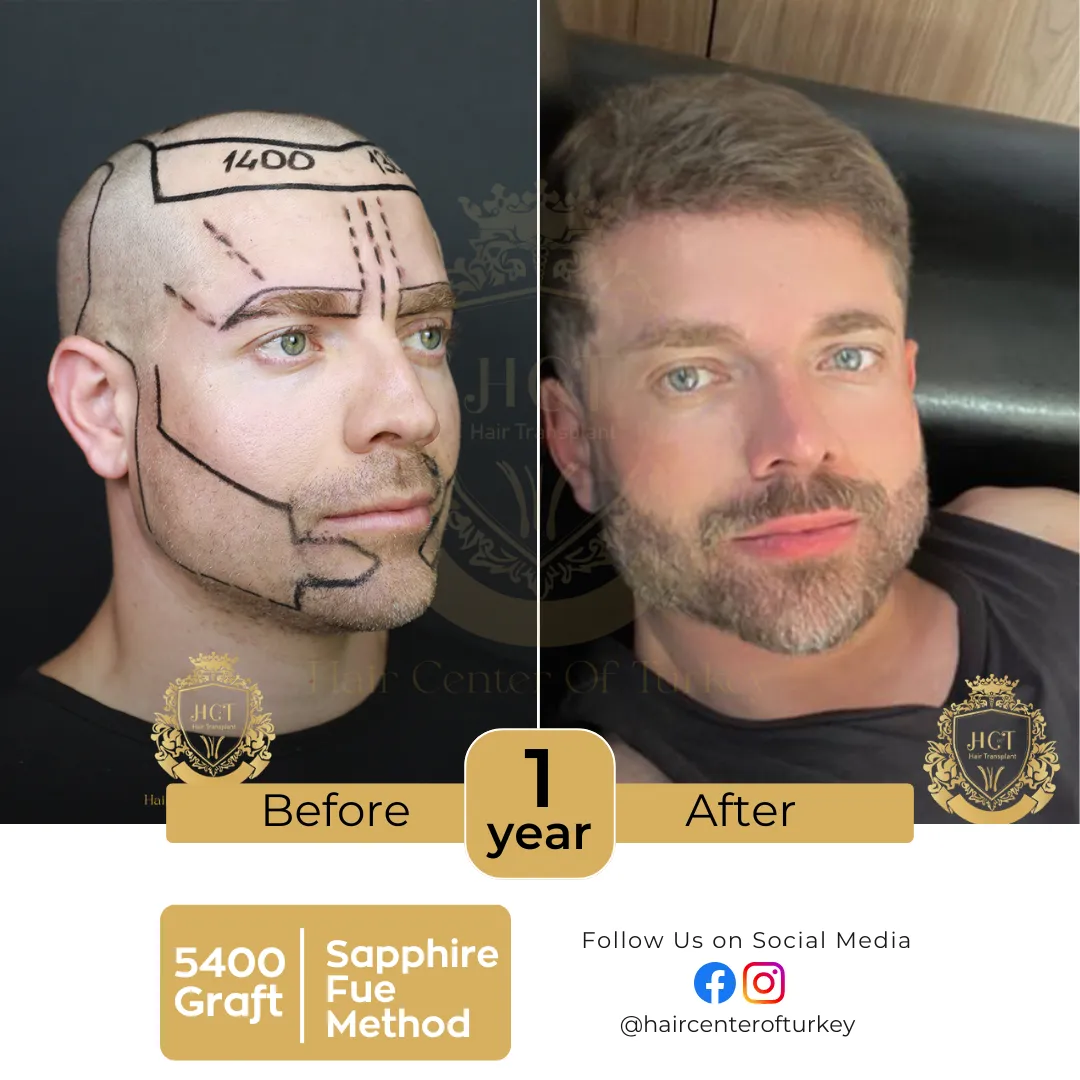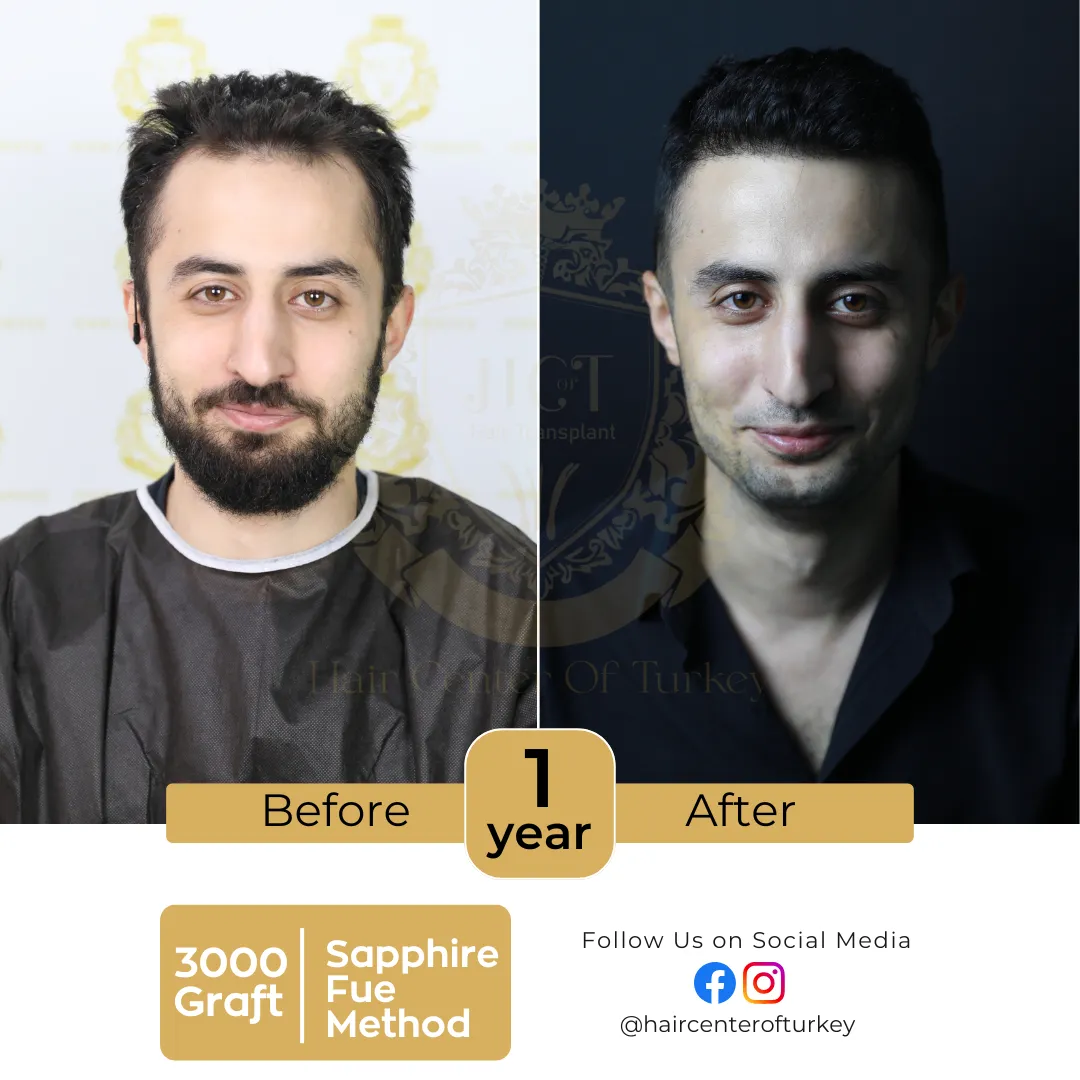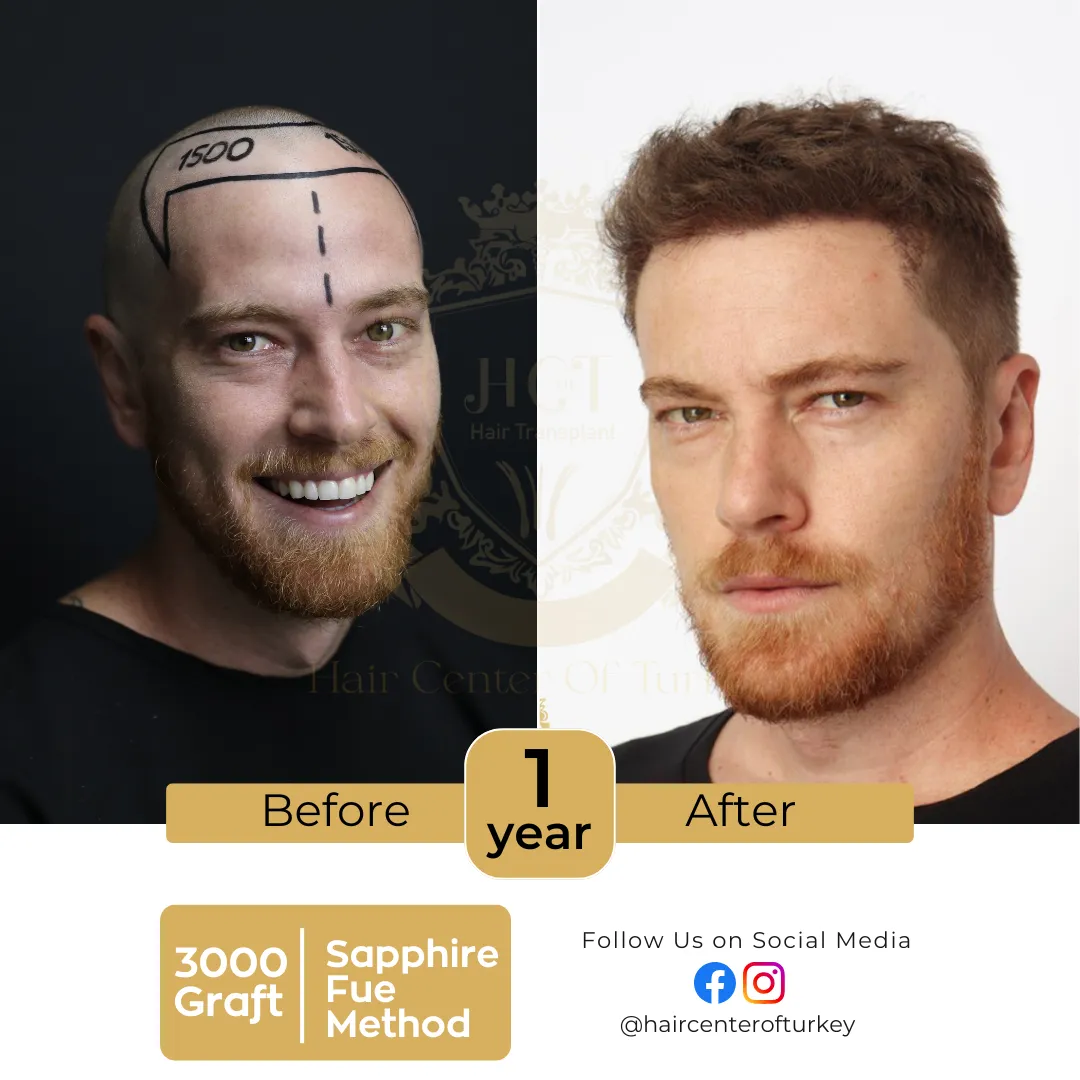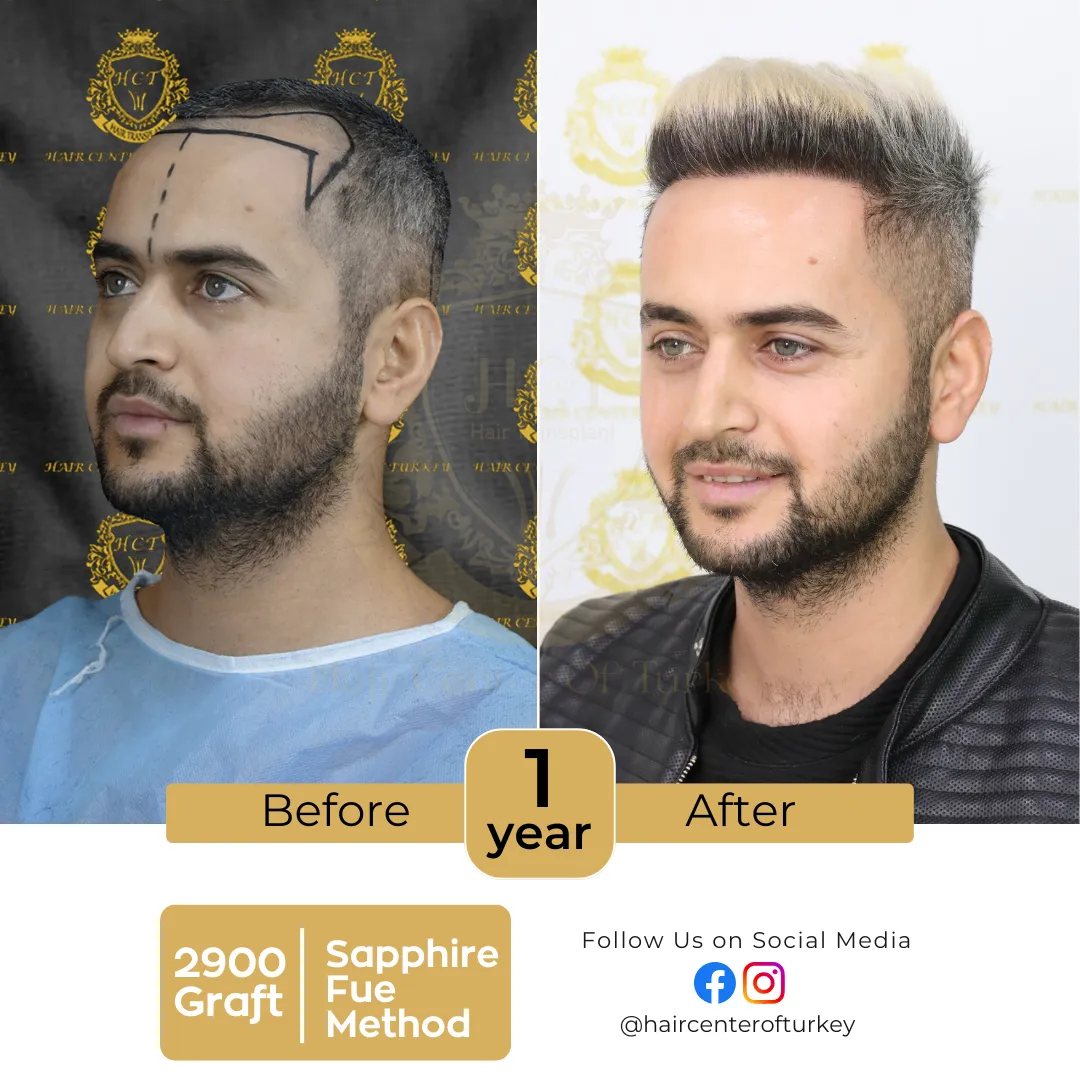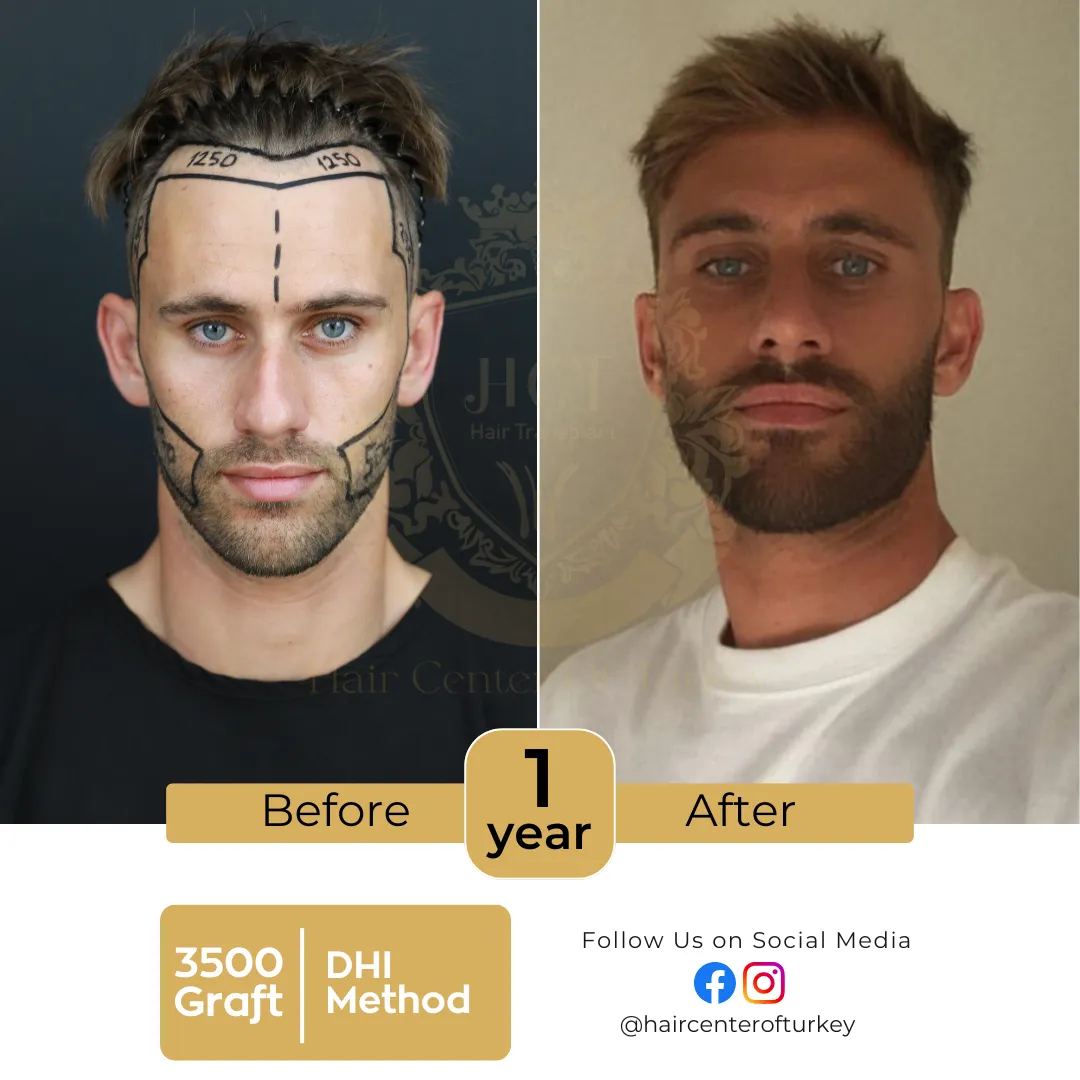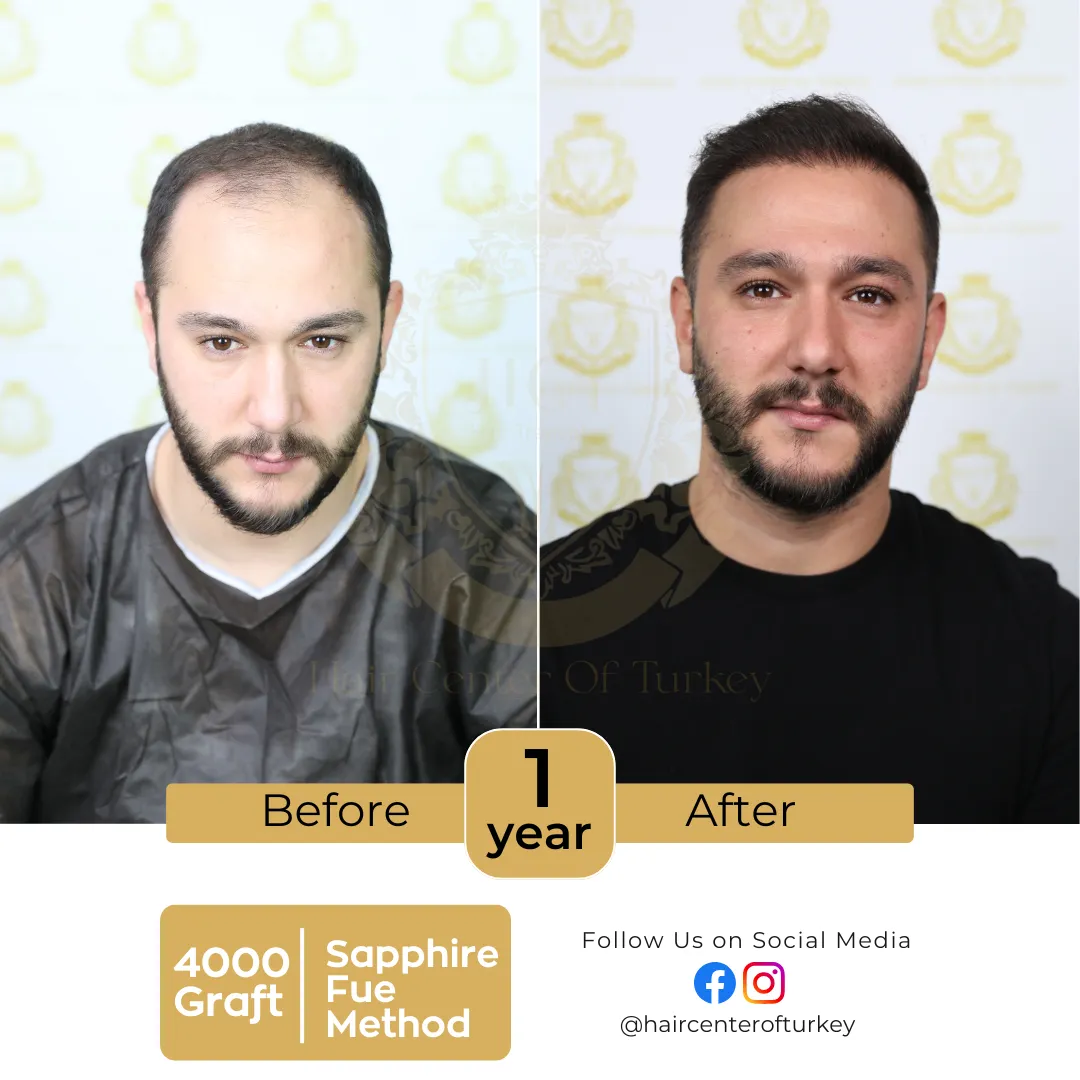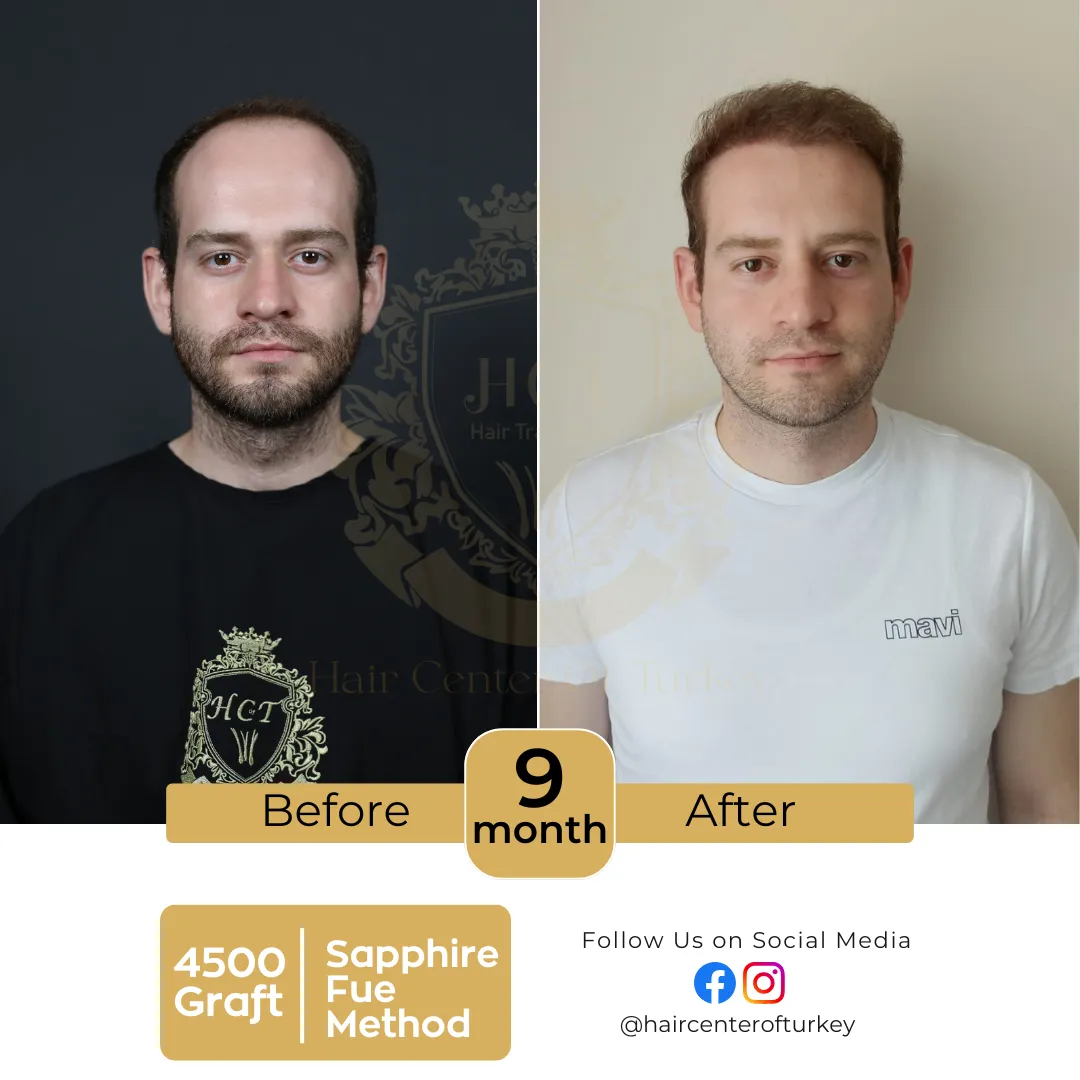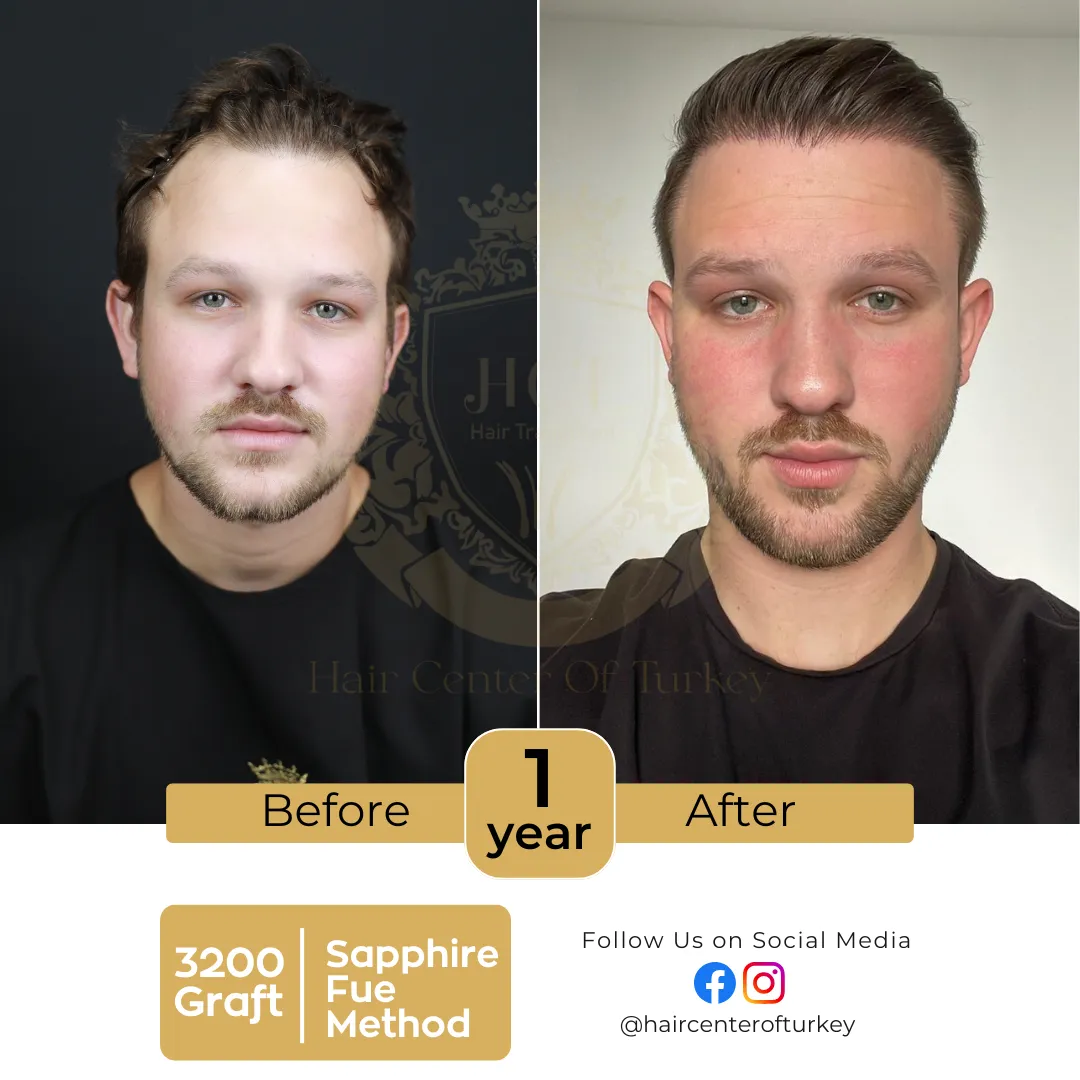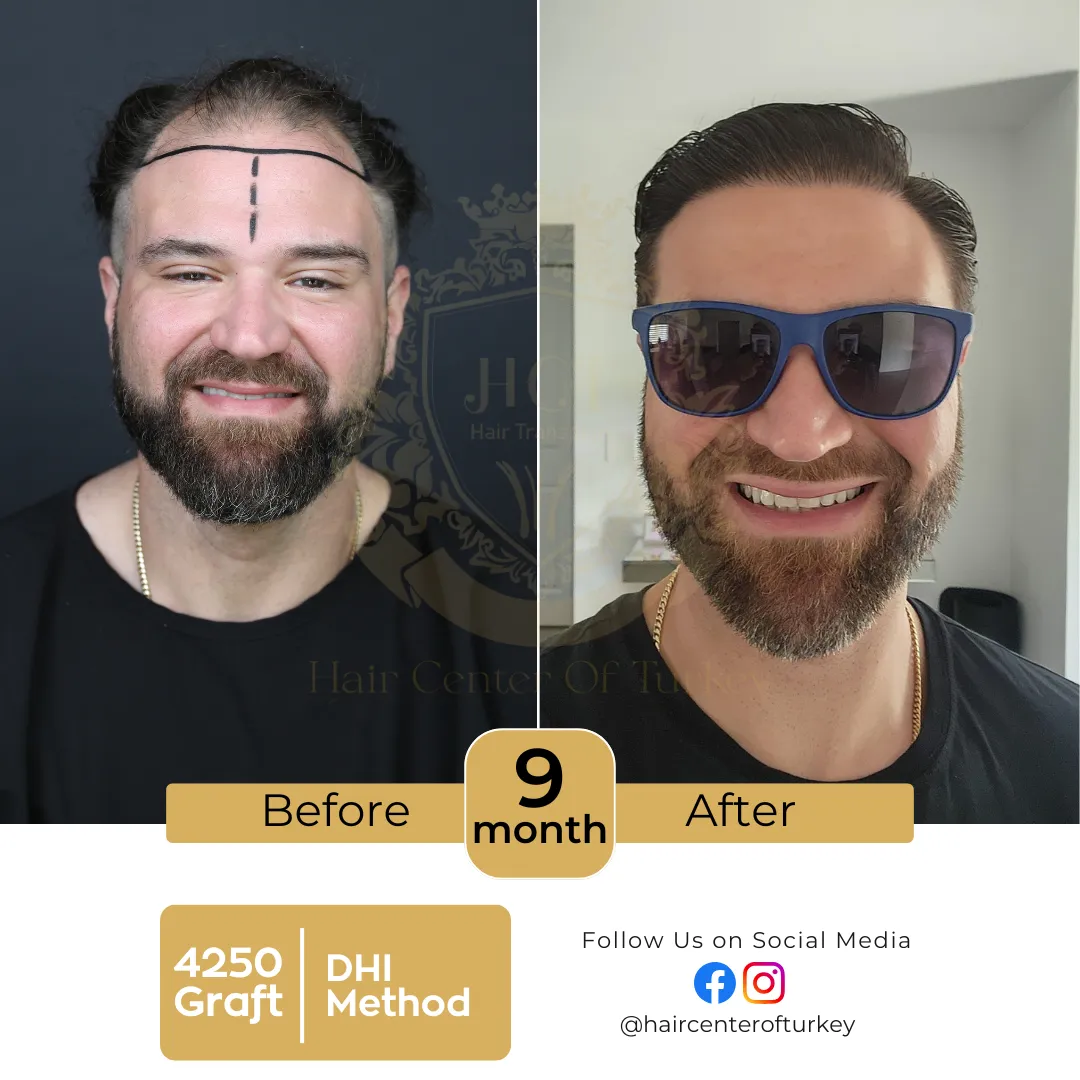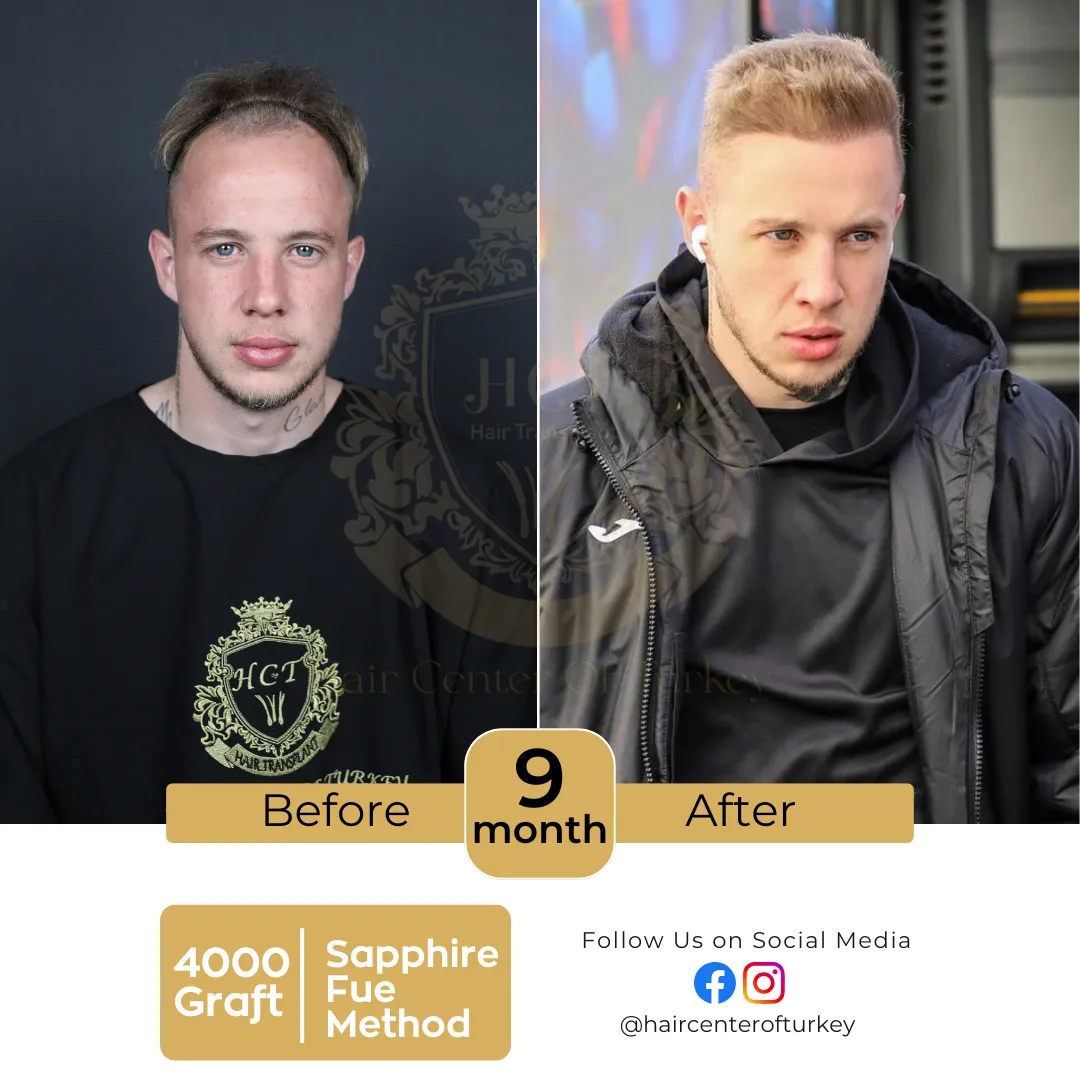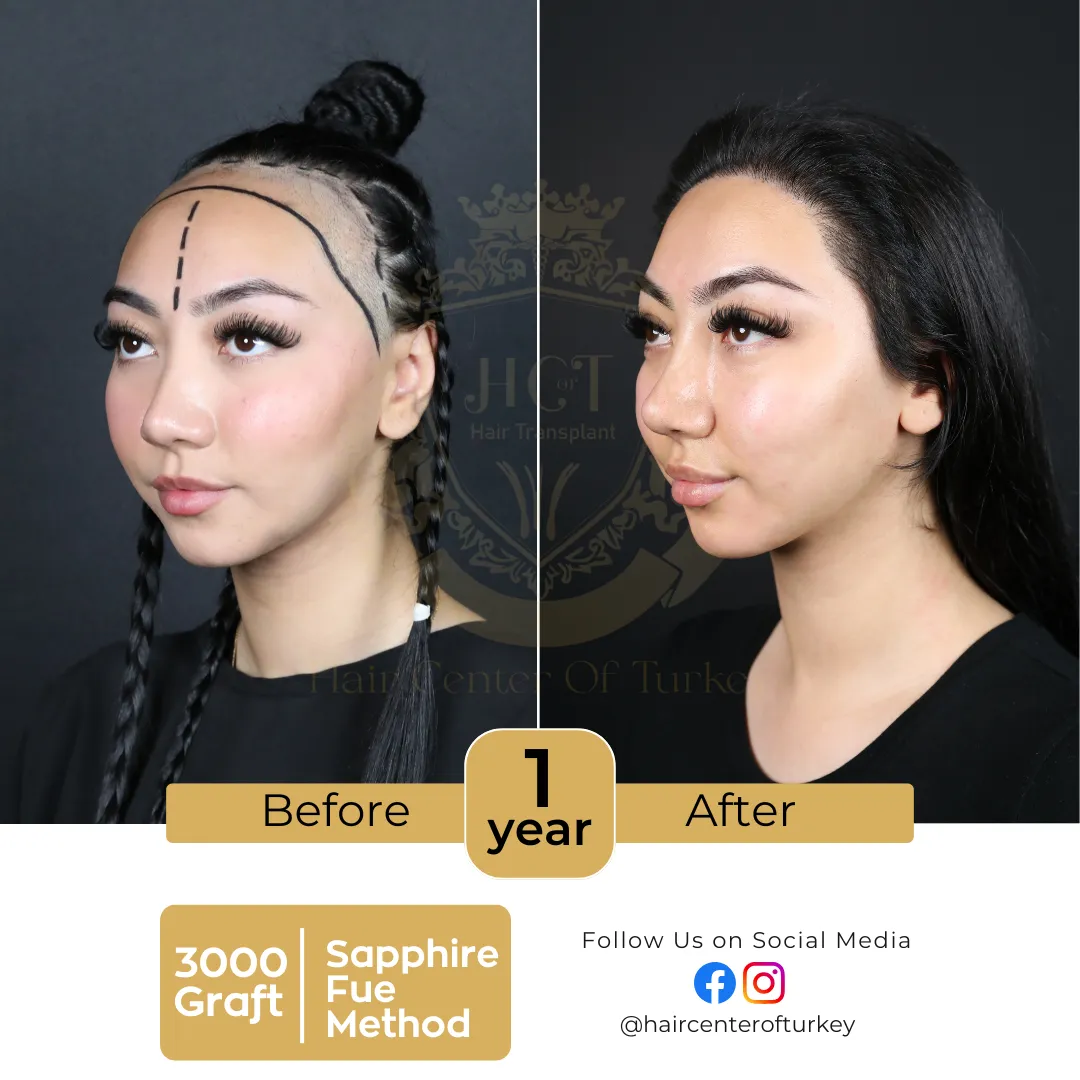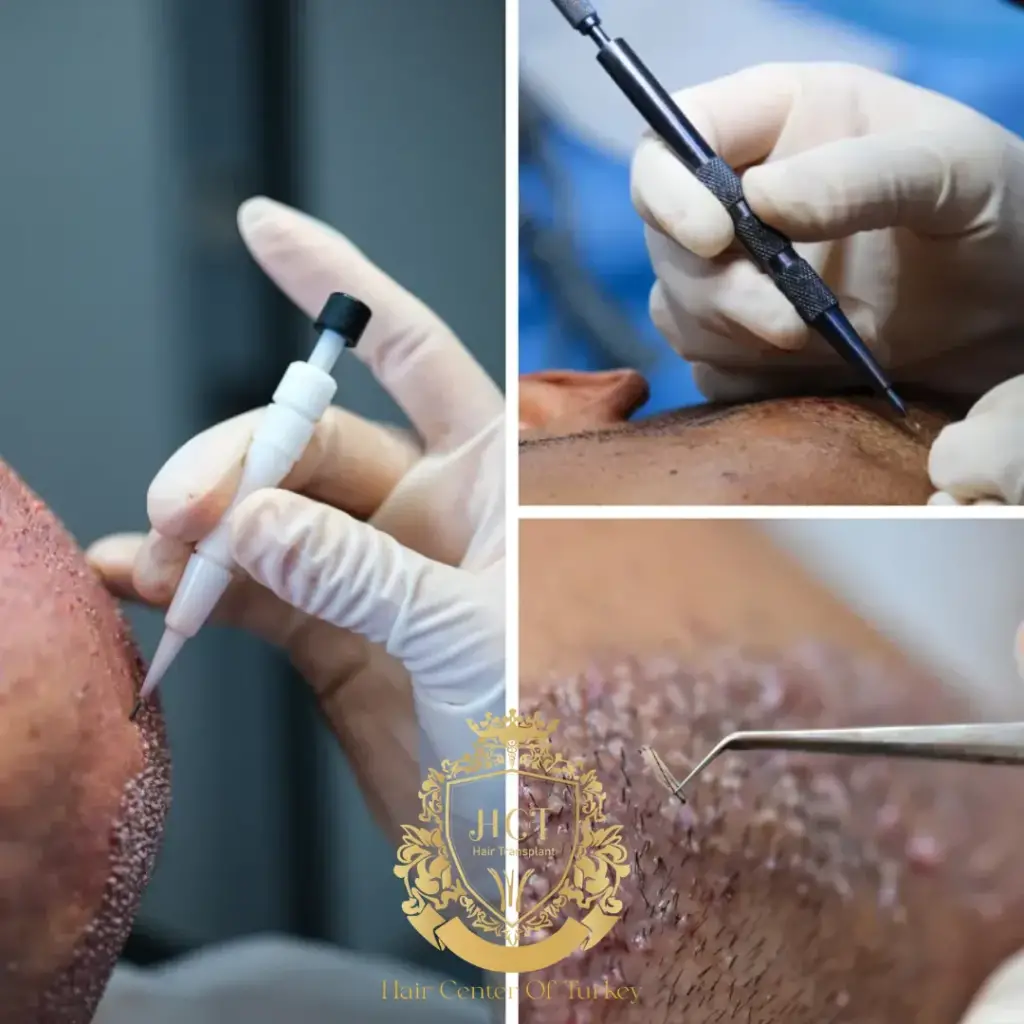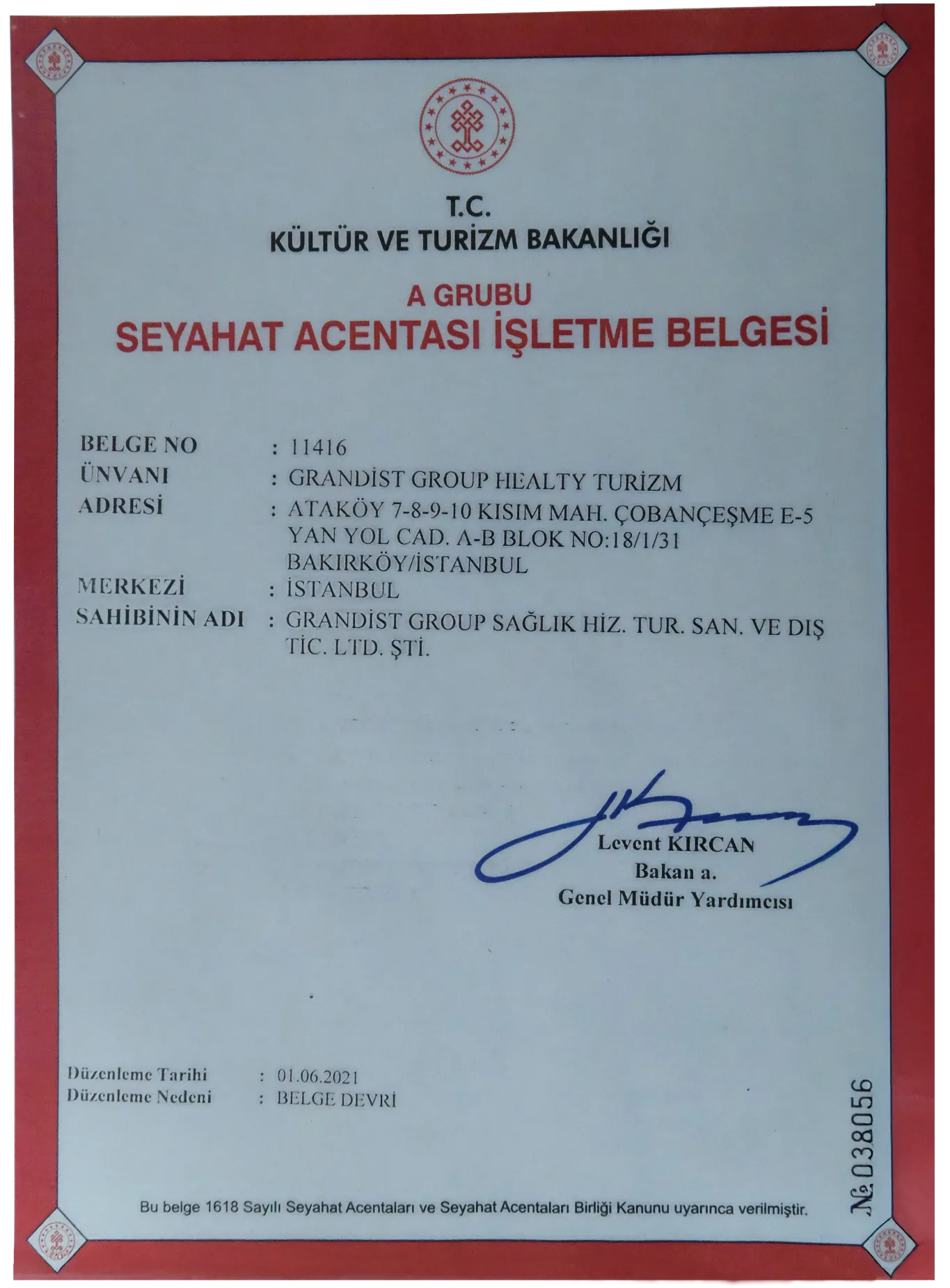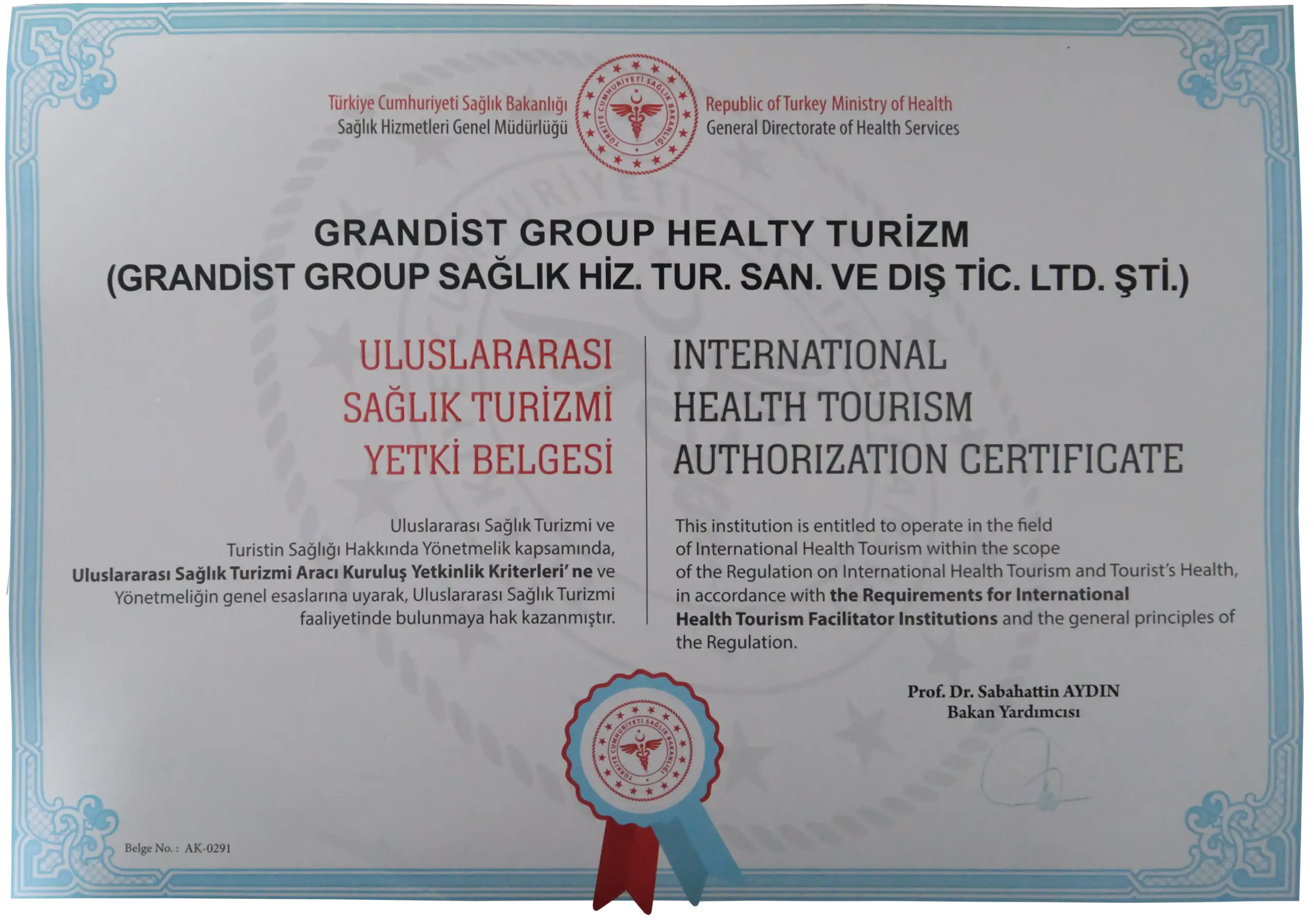Which Type of Anesthesia Is Best for Hair Transplant Surgery?
Hair transplant surgery is a highly effective and minimally invasive procedure, but like any medical treatment, it requires careful planning—including the type of anesthesia used. Choosing the right anesthesia is essential to ensure patient comfort, safety, and optimal results. So, which type of anesthesia is best for hair transplant surgery? In this article, we'll break down the options available, how they work, and what you can expect during the procedure.
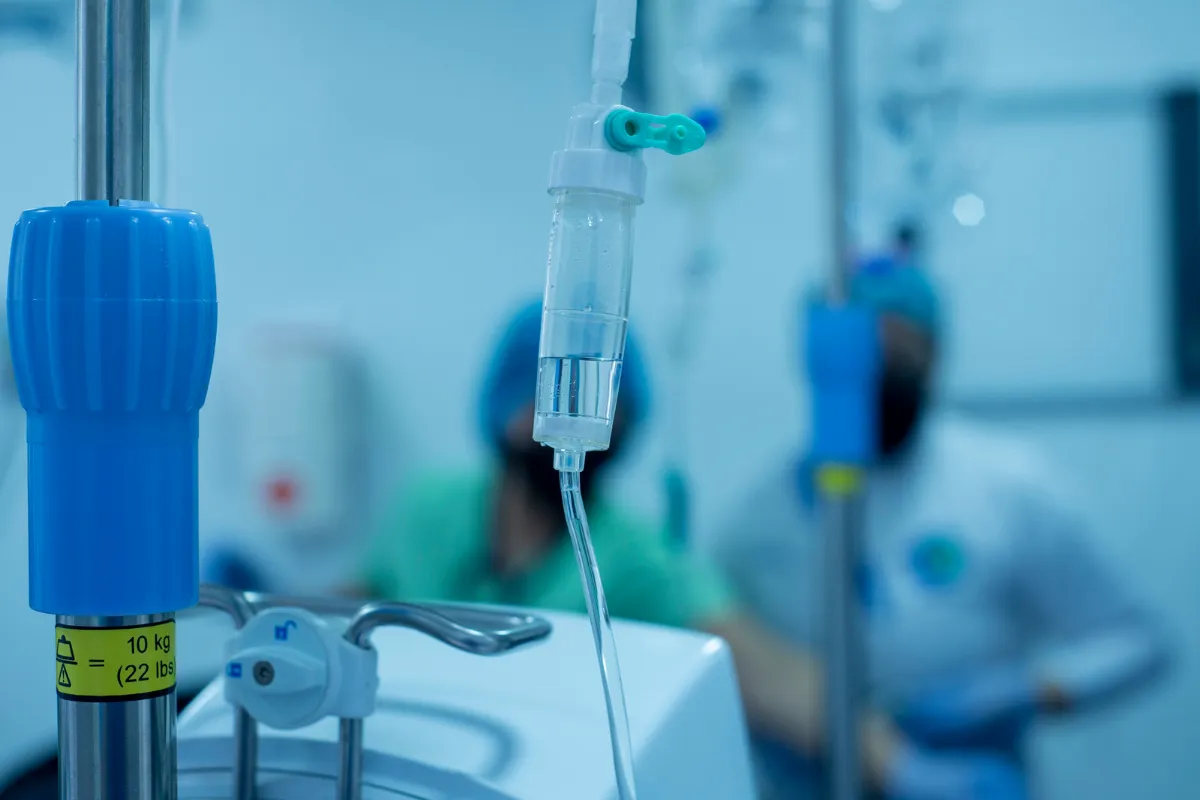
Why Is Anesthesia Necessary During Hair Transplant Surgery?
Hair transplant procedures such as Follicular Unit Extraction (FUE) or Direct Hair Implantation (DHI) involve the extraction and implantation of individual hair follicles. Although these methods are minimally invasive, they require time and precision, often lasting several hours. To ensure the patient remains pain-free and relaxed throughout the process, anesthesia is a critical part of the surgical plan.
Without anesthesia, even the mildest discomfort could become intolerable over the extended duration of the surgery. Anesthesia not only eliminates pain but also allows the surgeon to work efficiently without interruption.
What Are the Types of Anesthesia Used in Hair Transplants?
There are generally two main types of anesthesia used in hair transplant surgeries:
- Local Anesthesia
This is the most commonly used form of anesthesia in hair transplants. A local anesthetic, usually lidocaine, is injected directly into the donor and recipient areas of the scalp. It numbs only the specific areas being treated, so the patient remains awake but feels no pain. - Sedation (Optional)
Some clinics may offer mild sedation along with local anesthesia to help patients stay calm and relaxed during the procedure. This can range from oral sedatives to intravenous sedation. Patients under sedation are usually conscious but feel drowsy and less aware of the procedure.
In rare cases, general anesthesia may be used—but this is highly uncommon for hair transplant surgery and usually reserved for patients with severe anxiety or special medical considerations.
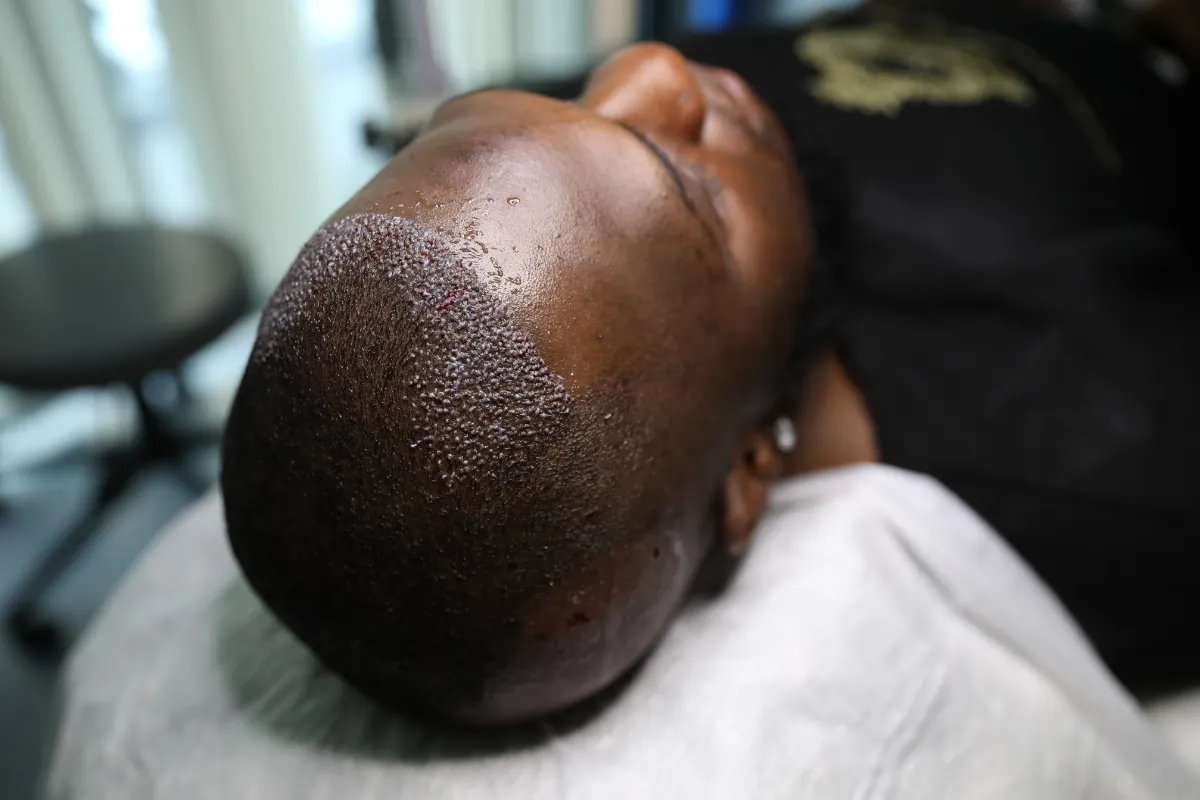
Is Local Anesthesia Safe for Hair Transplants?
Yes, local anesthesia is very safe when administered by a trained medical professional. Allergic reactions are extremely rare, and side effects are minimal. Patients typically experience slight discomfort when the anesthetic is injected, but this only lasts a few seconds.
The effects of local anesthesia usually last several hours, enough to cover the entire duration of the procedure. If needed, additional doses can be administered during surgery without compromising safety.
What Are the Advantages of Local Anesthesia in Hair Transplantation?
- Minimally invasive: No need for full sedation or intubation
- Quick recovery: Patients can walk out of the clinic the same day
- Fewer side effects: Compared to general anesthesia, the risks are much lower
- Full awareness: The patient can communicate with the surgeon throughout the process
- Cost-effective: Local anesthesia reduces hospital costs and monitoring needs
Does Anesthesia Affect the Success of a Hair Transplant?
No, the type of anesthesia used does not affect the survival rate of grafts or the final outcome of the hair transplant. However, patient comfort can indirectly influence the success of the procedure. A calm, relaxed patient is easier to work with, which can lead to better precision and efficiency during implantation.
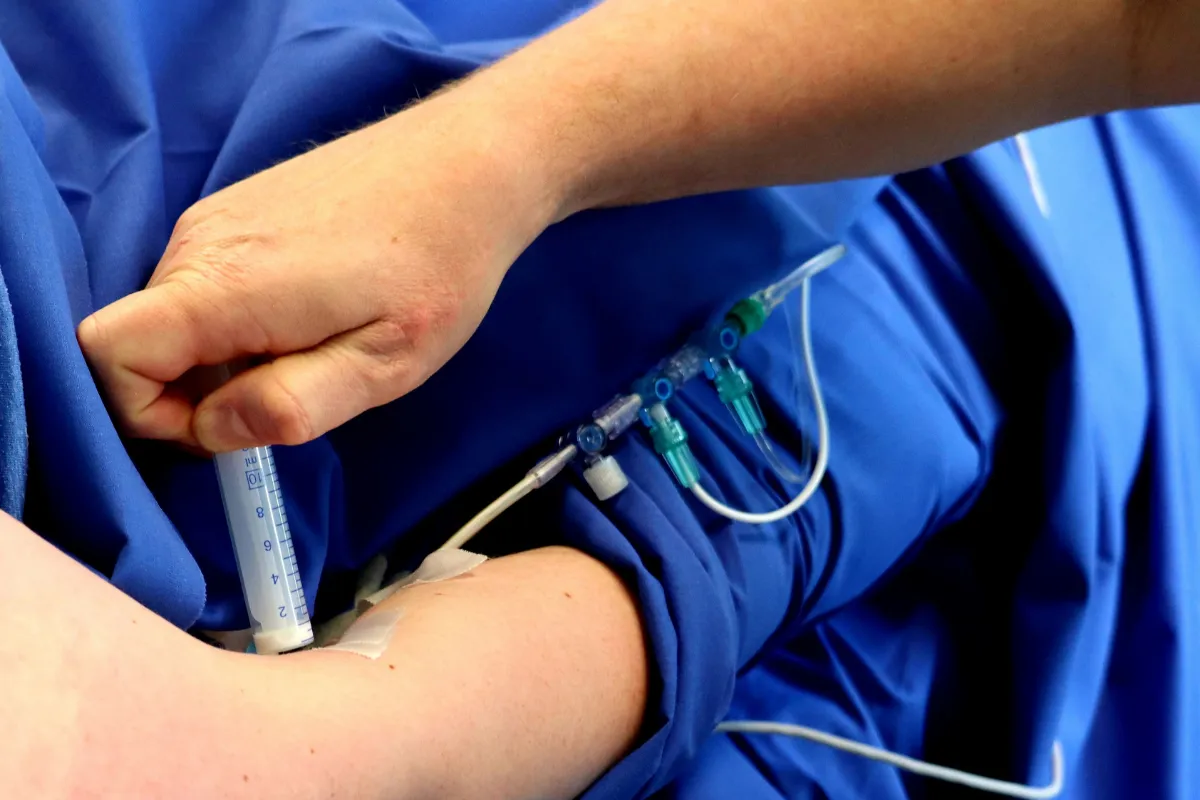
Can You Feel Pain After the Anesthesia Wears Off?
After the effects of anesthesia fade, patients may experience mild soreness or tightness in the treated areas. These sensations are typically manageable with over-the-counter pain relievers like paracetamol or ibuprofen. Most clinics also prescribe antibiotics and anti-inflammatory medications to reduce discomfort and prevent infection.
How Should You Prepare for Anesthesia Before a Hair Transplant?
- Avoid alcohol and caffeine for 24 hours before the procedure
- Inform your doctor about any allergies or medications you're taking
- Eat a light meal a few hours before surgery (unless advised otherwise)
- Stay hydrated, but don't overdo fluids right before surgery
- Wear comfortable clothing, as the procedure can take several hours

